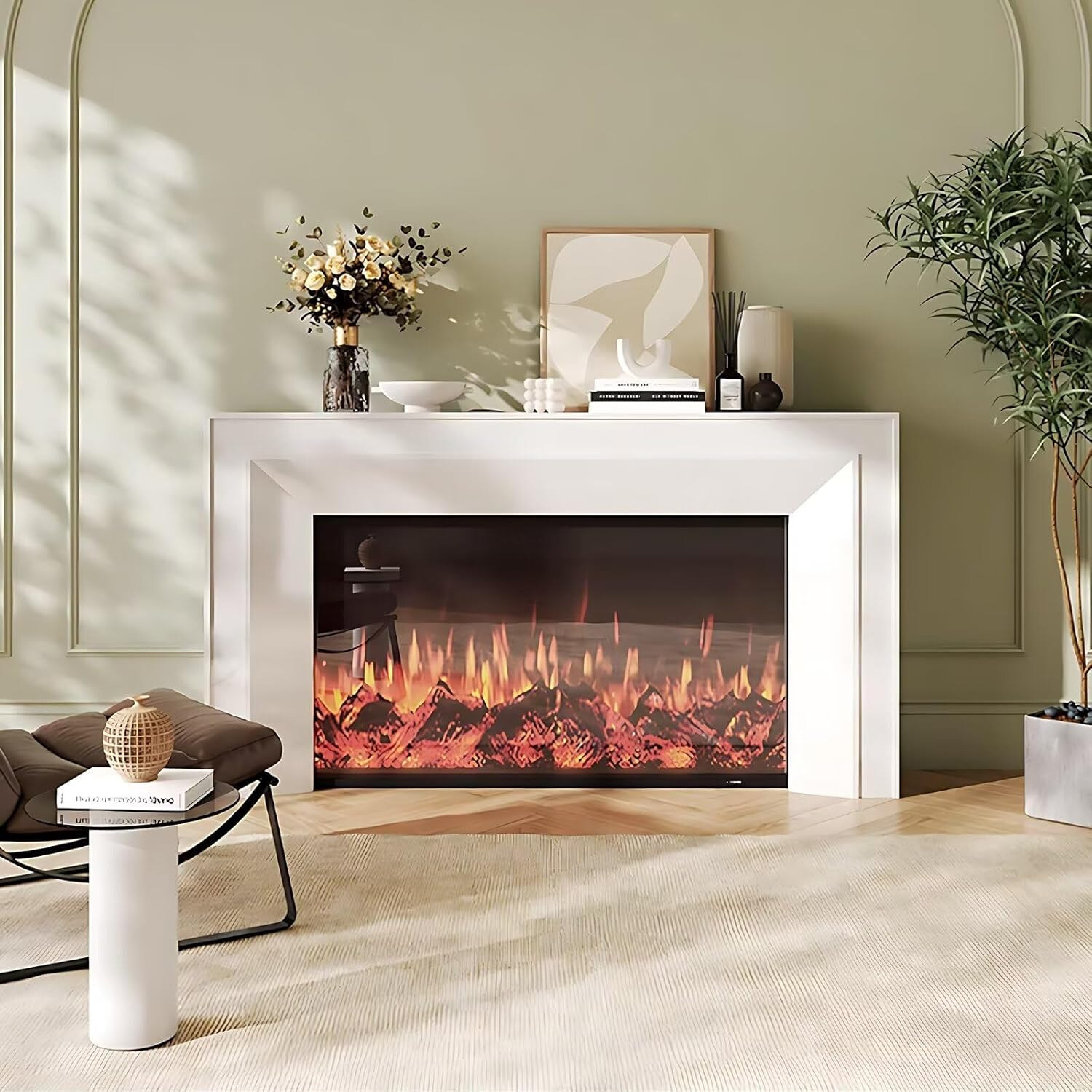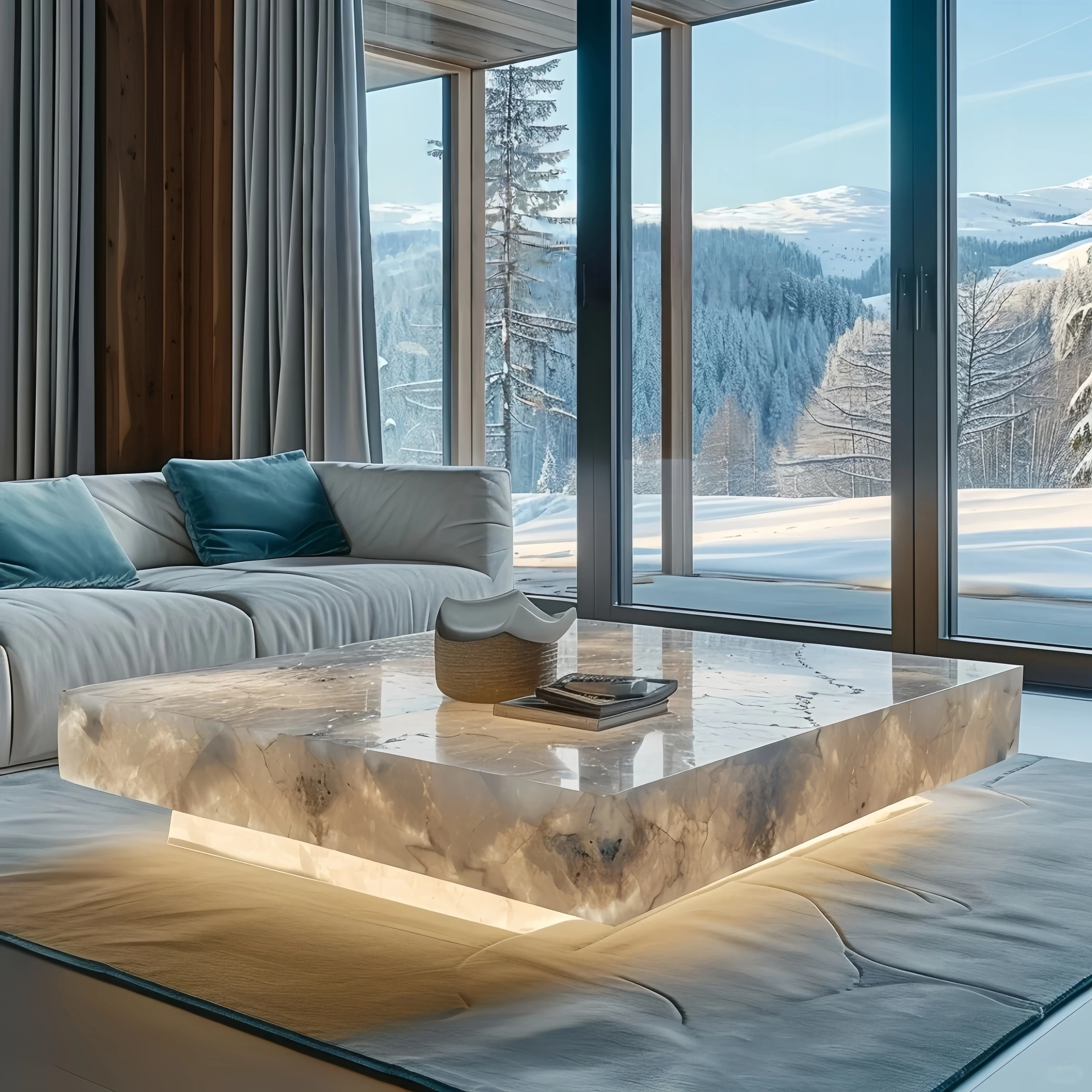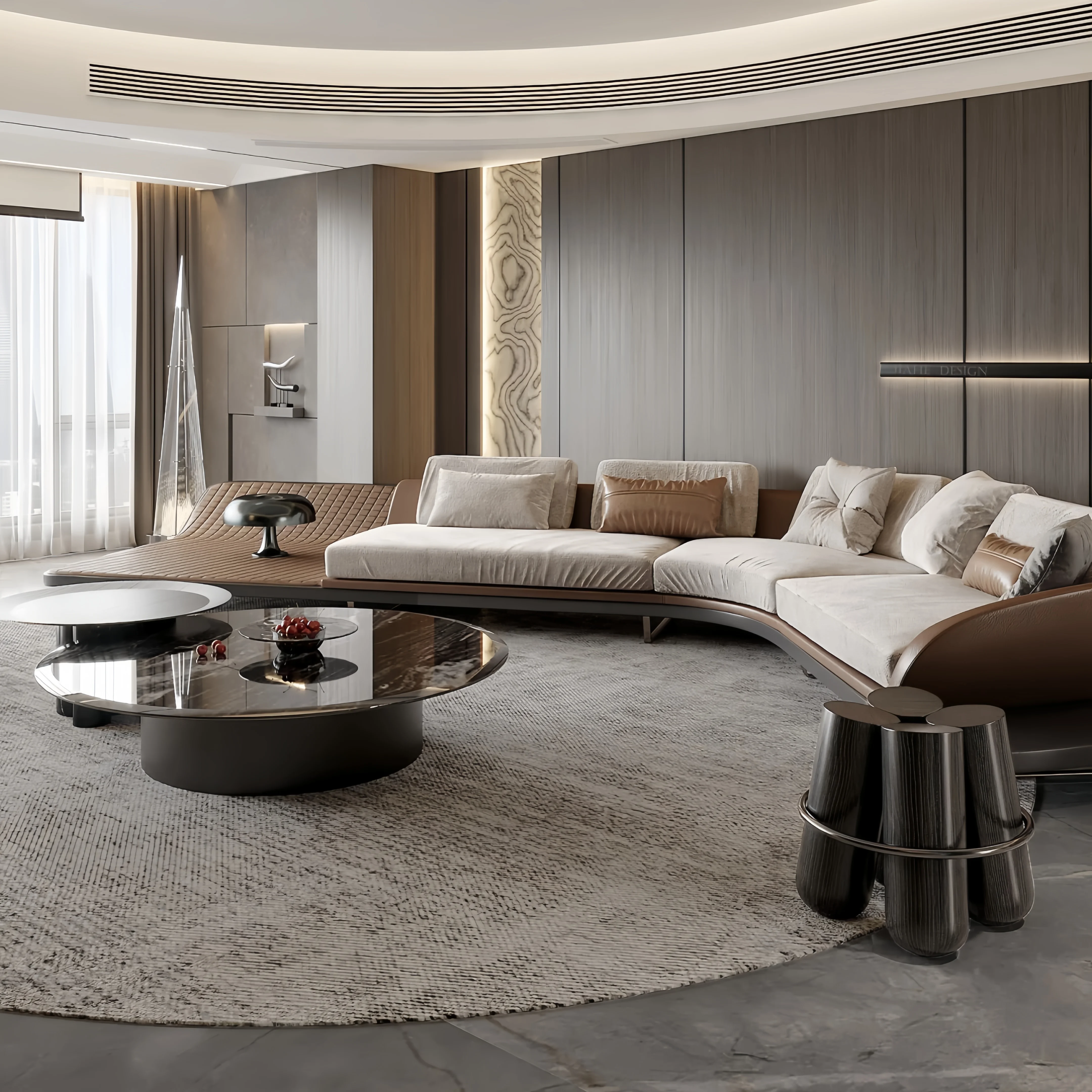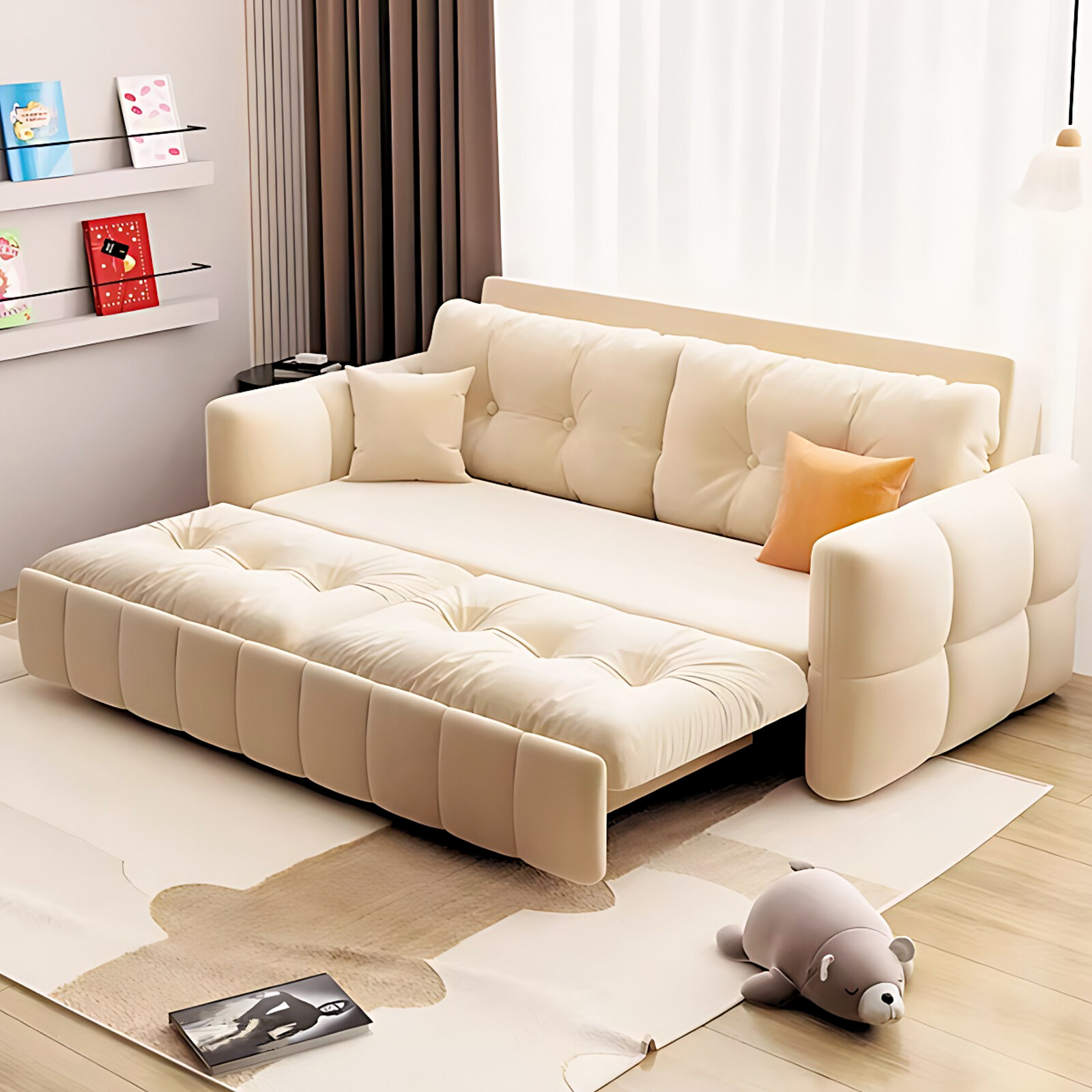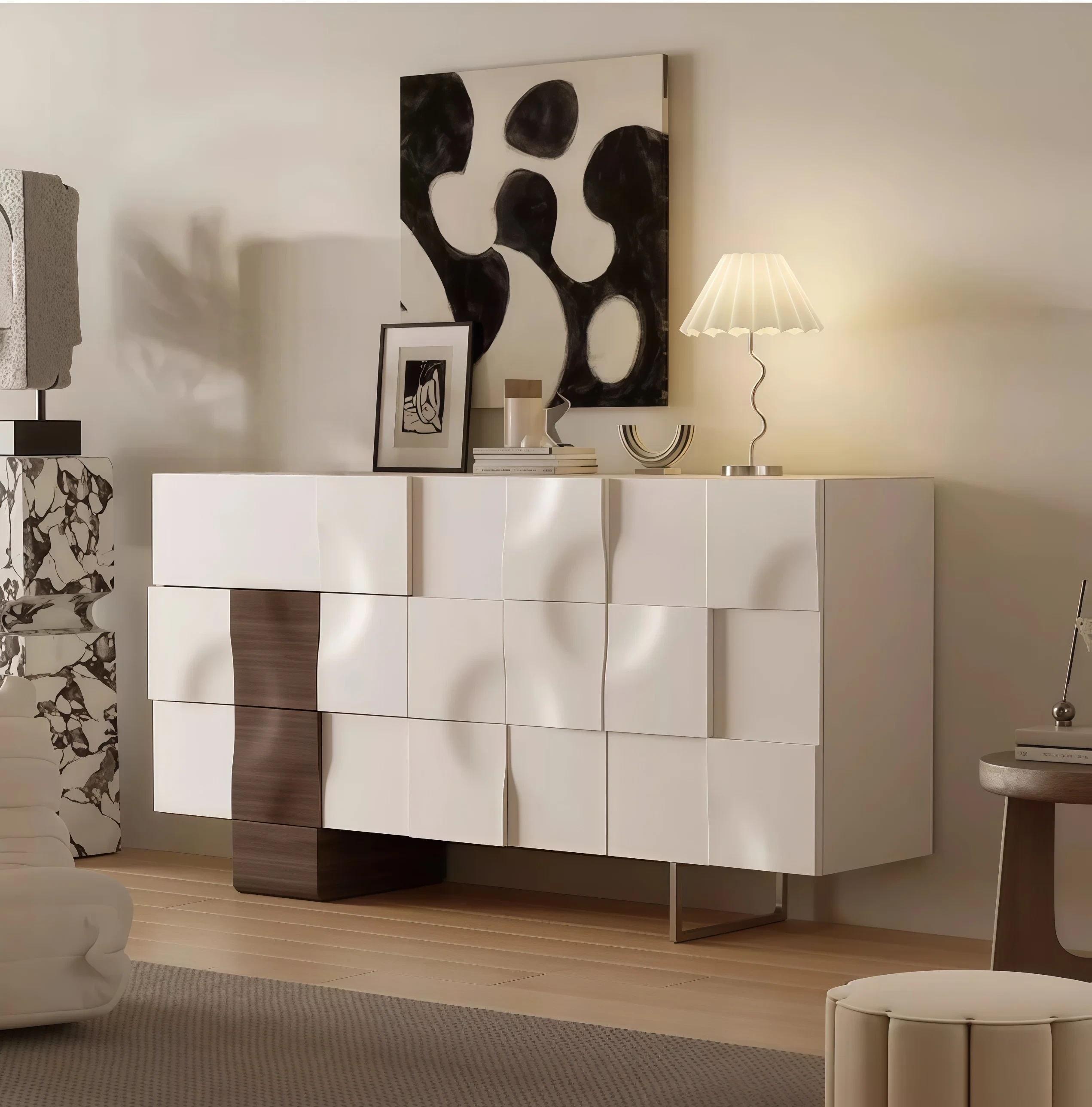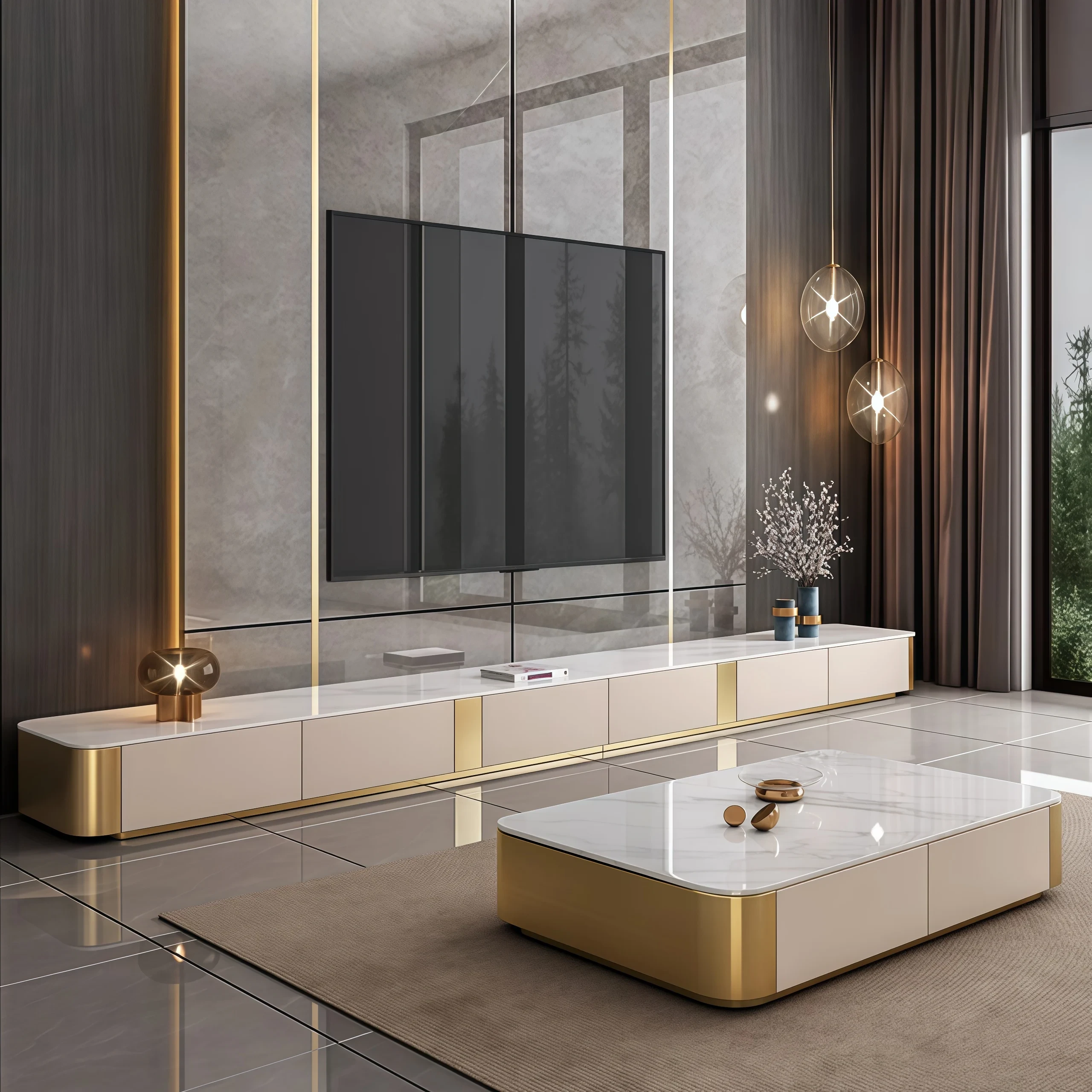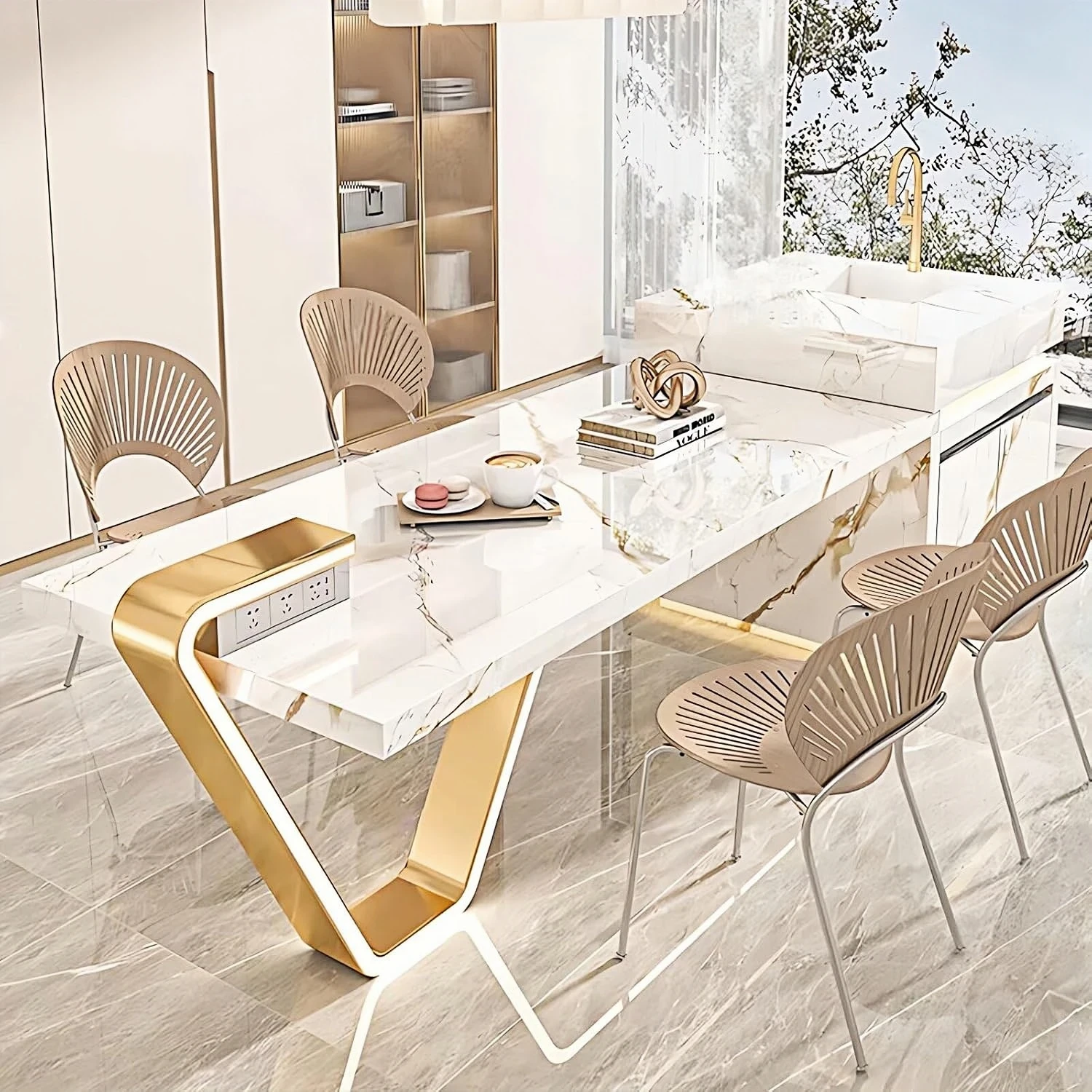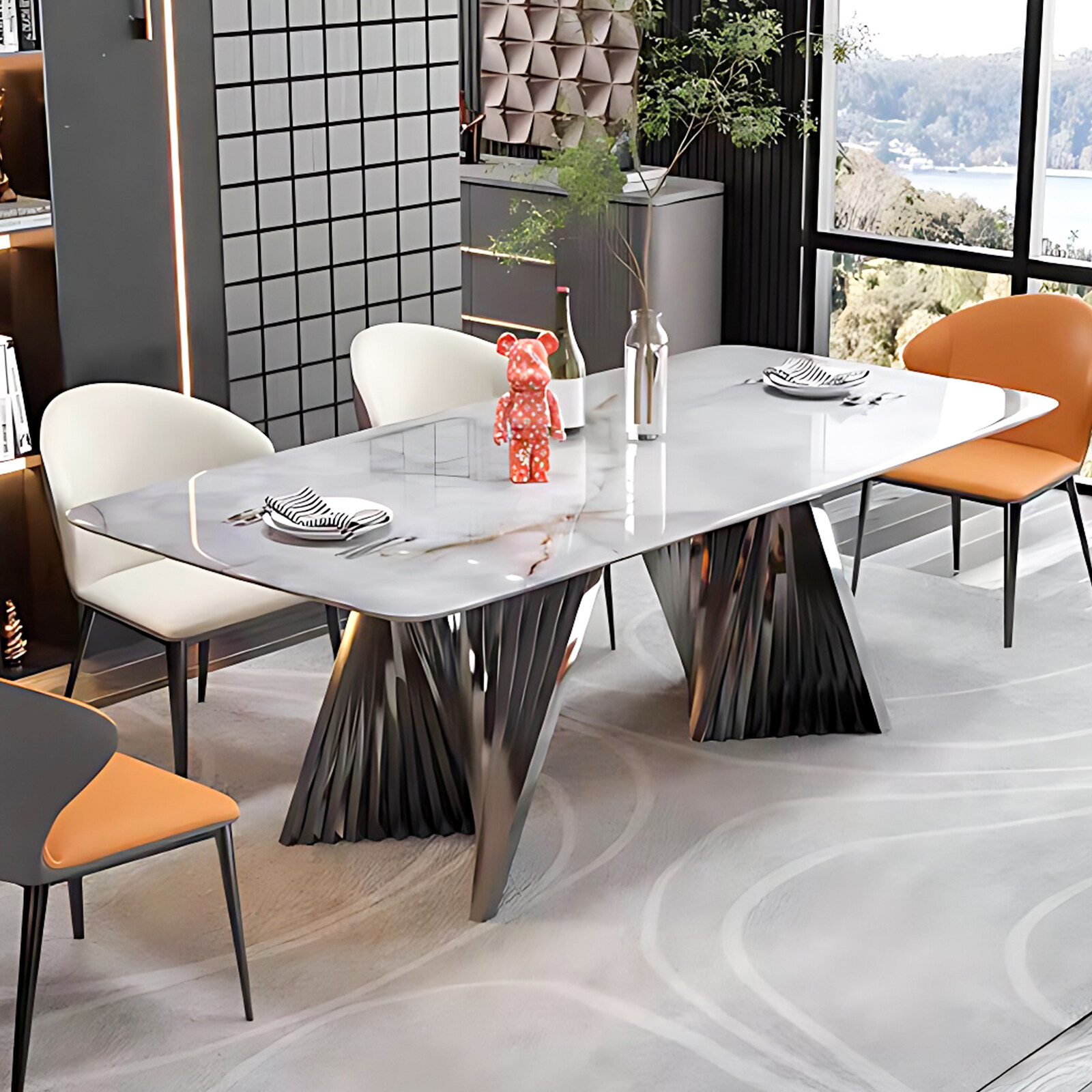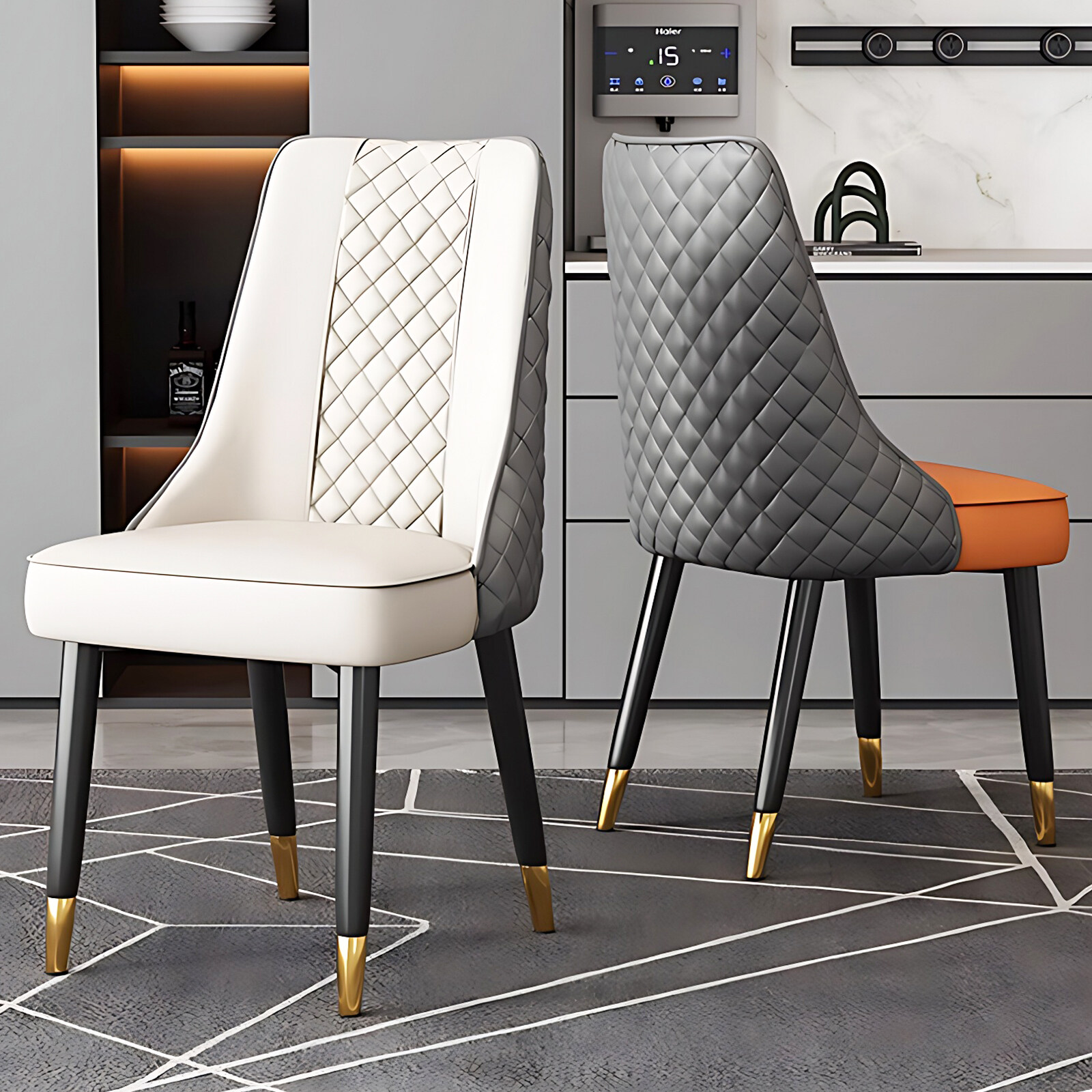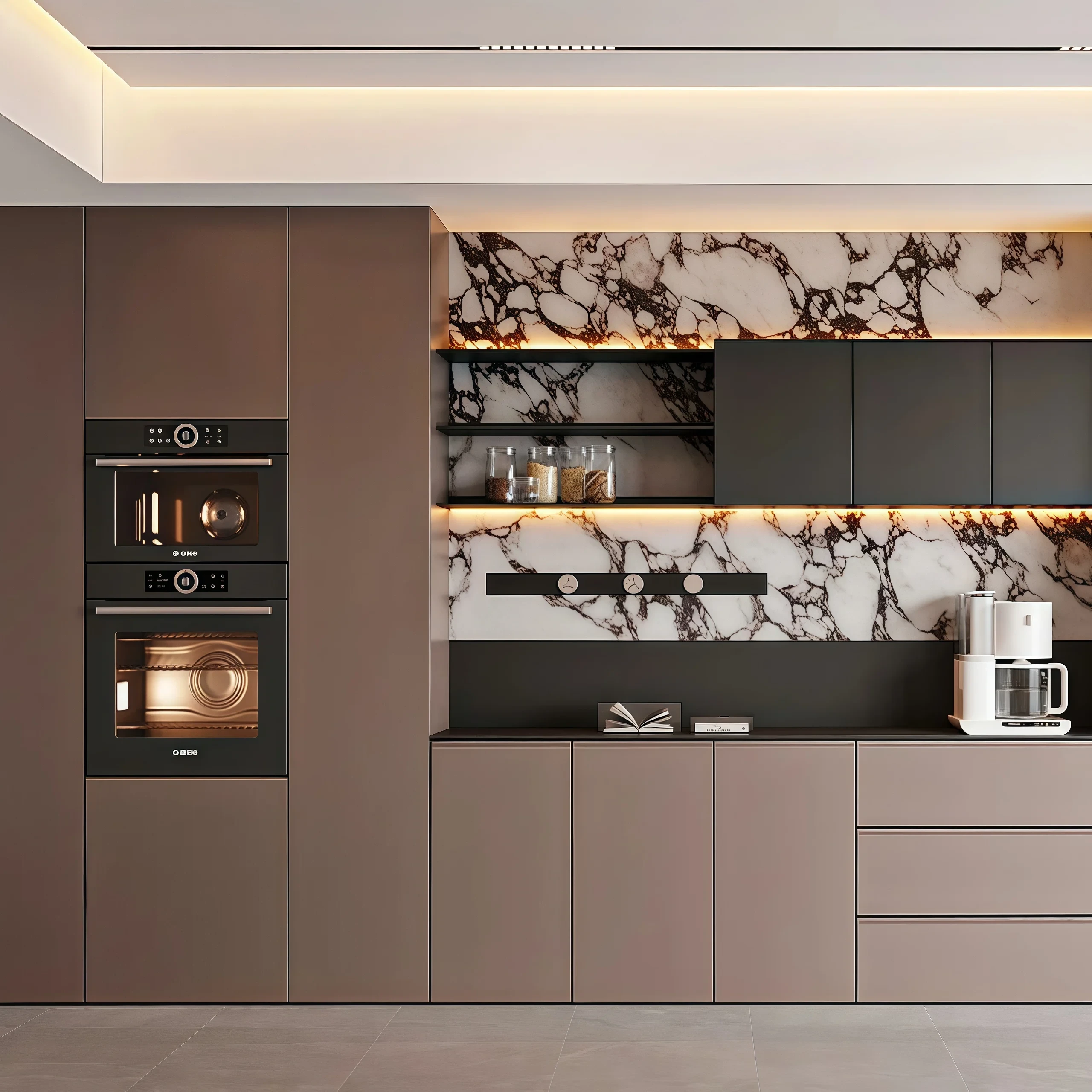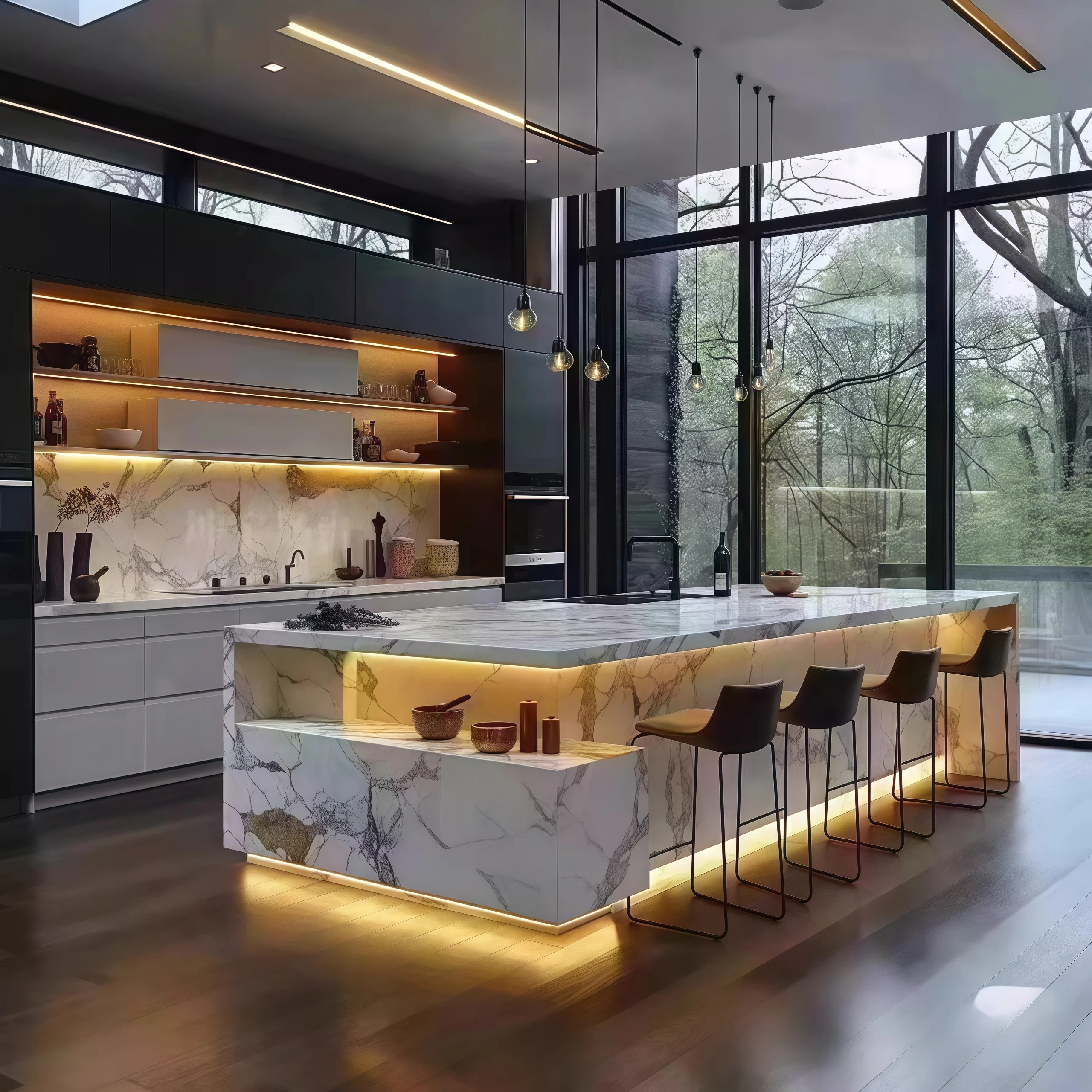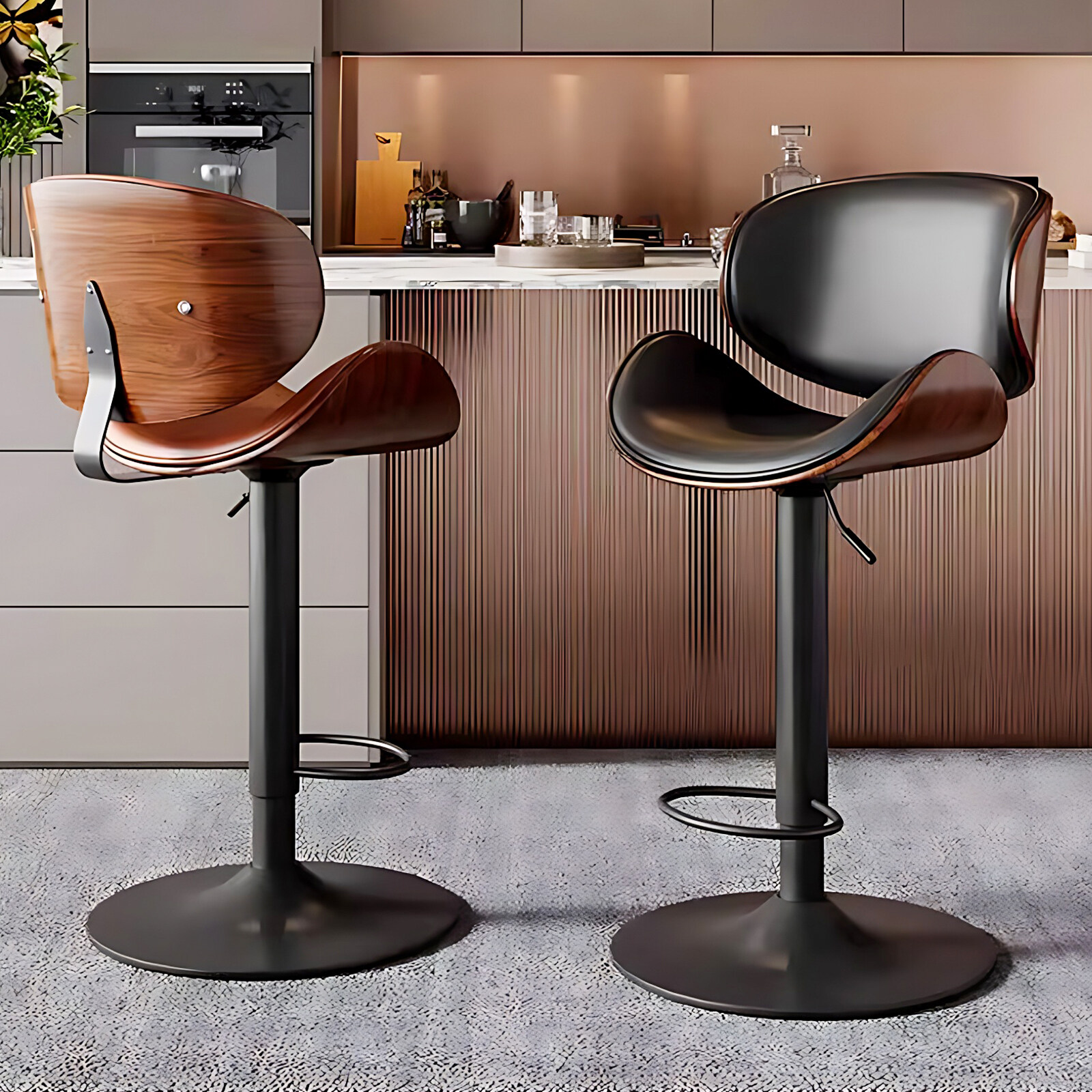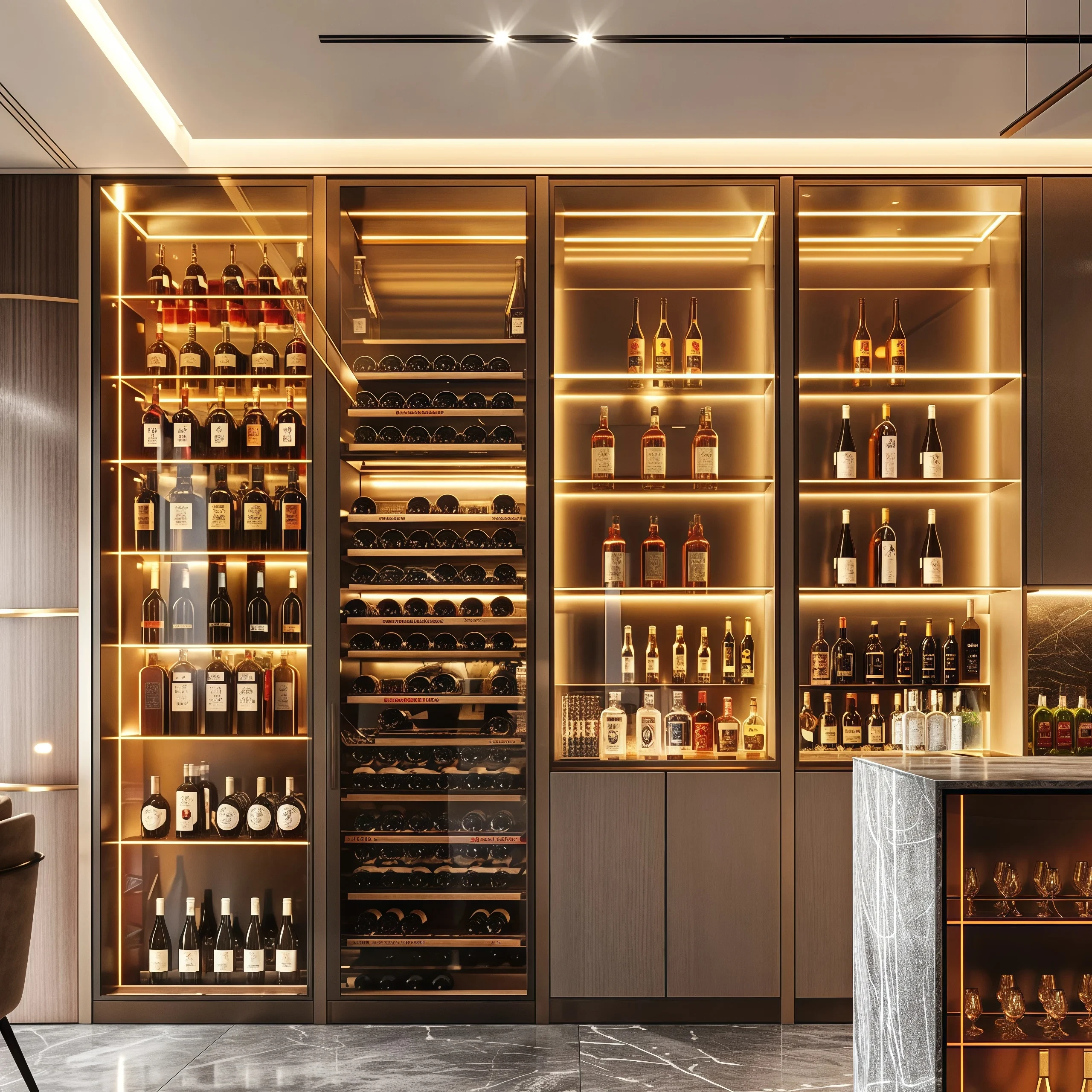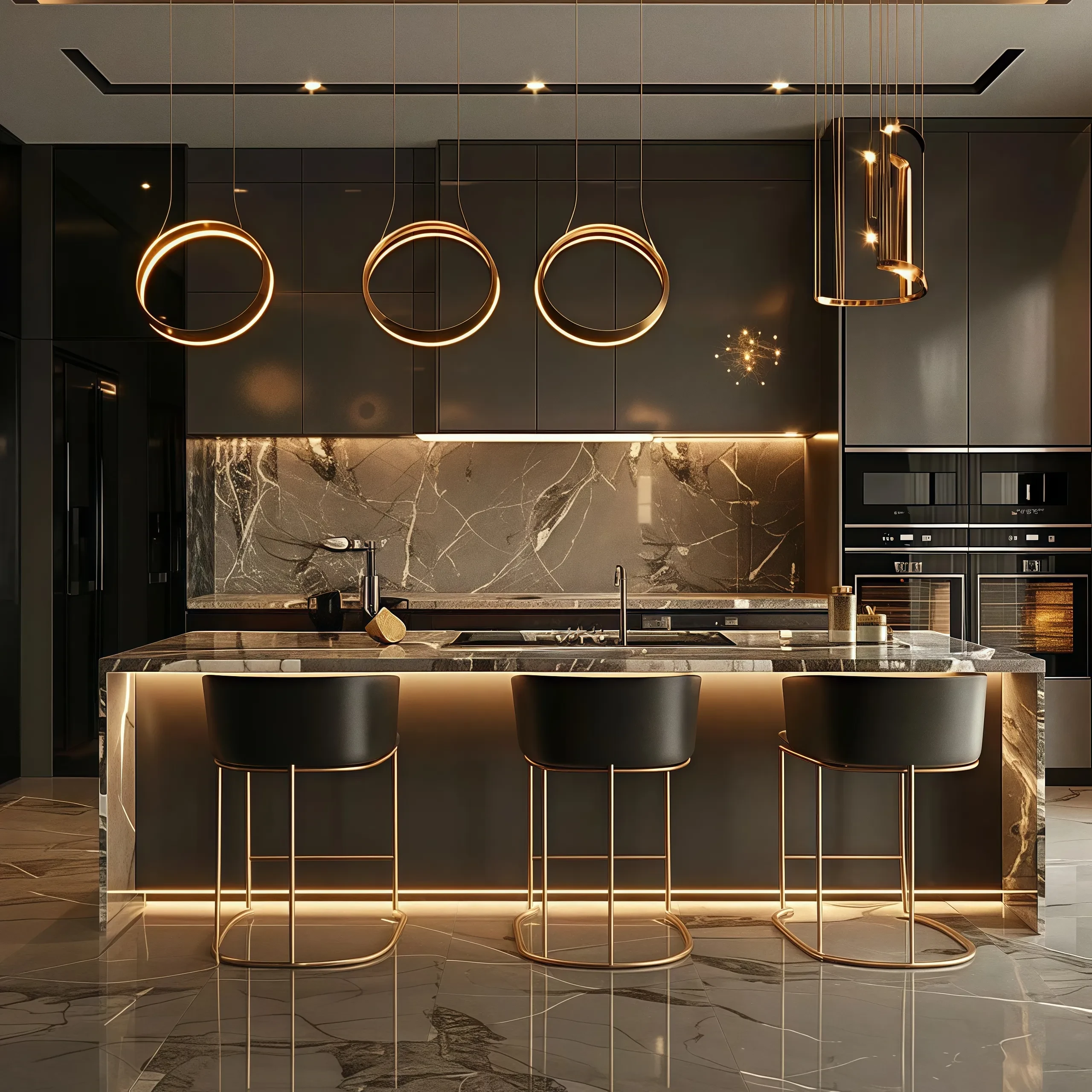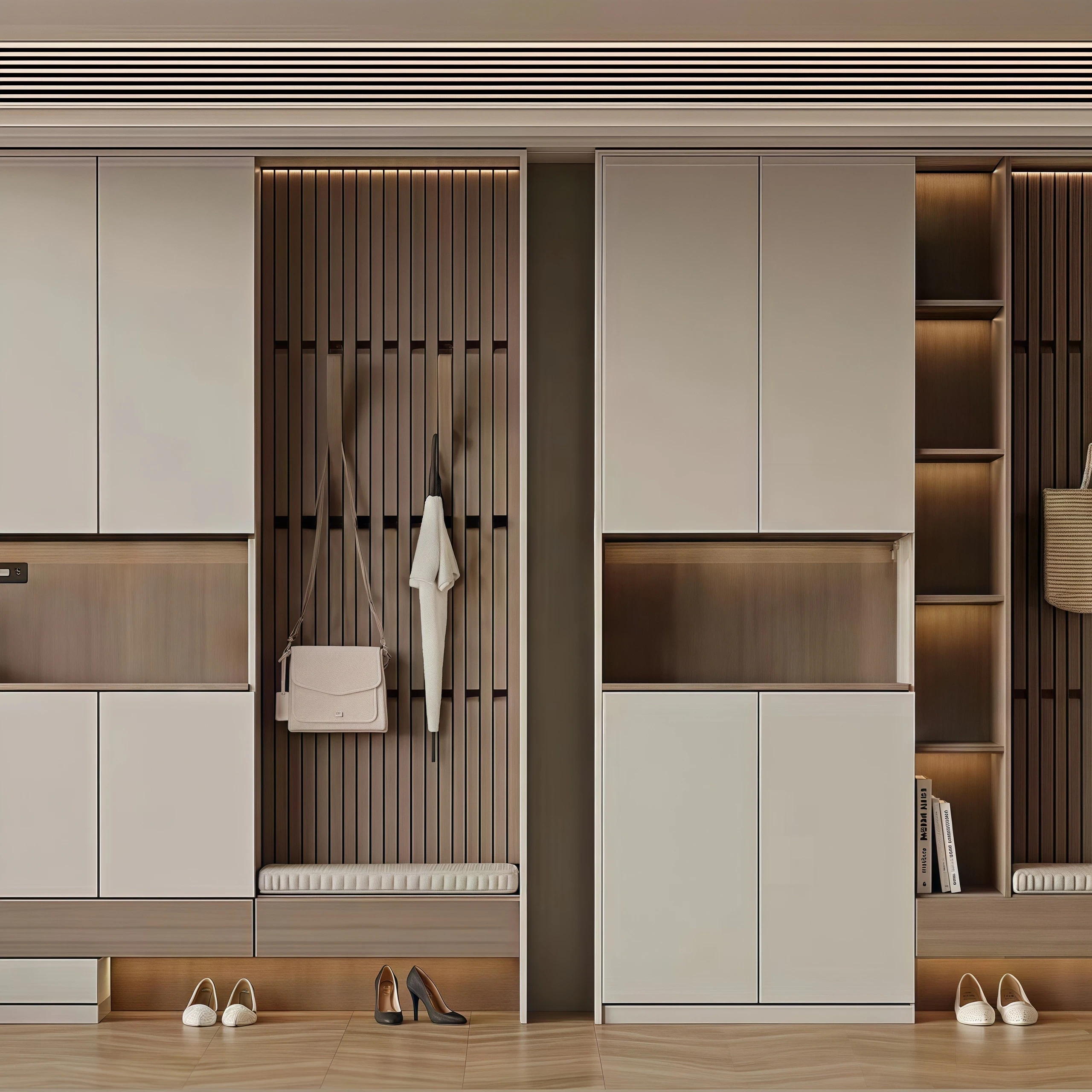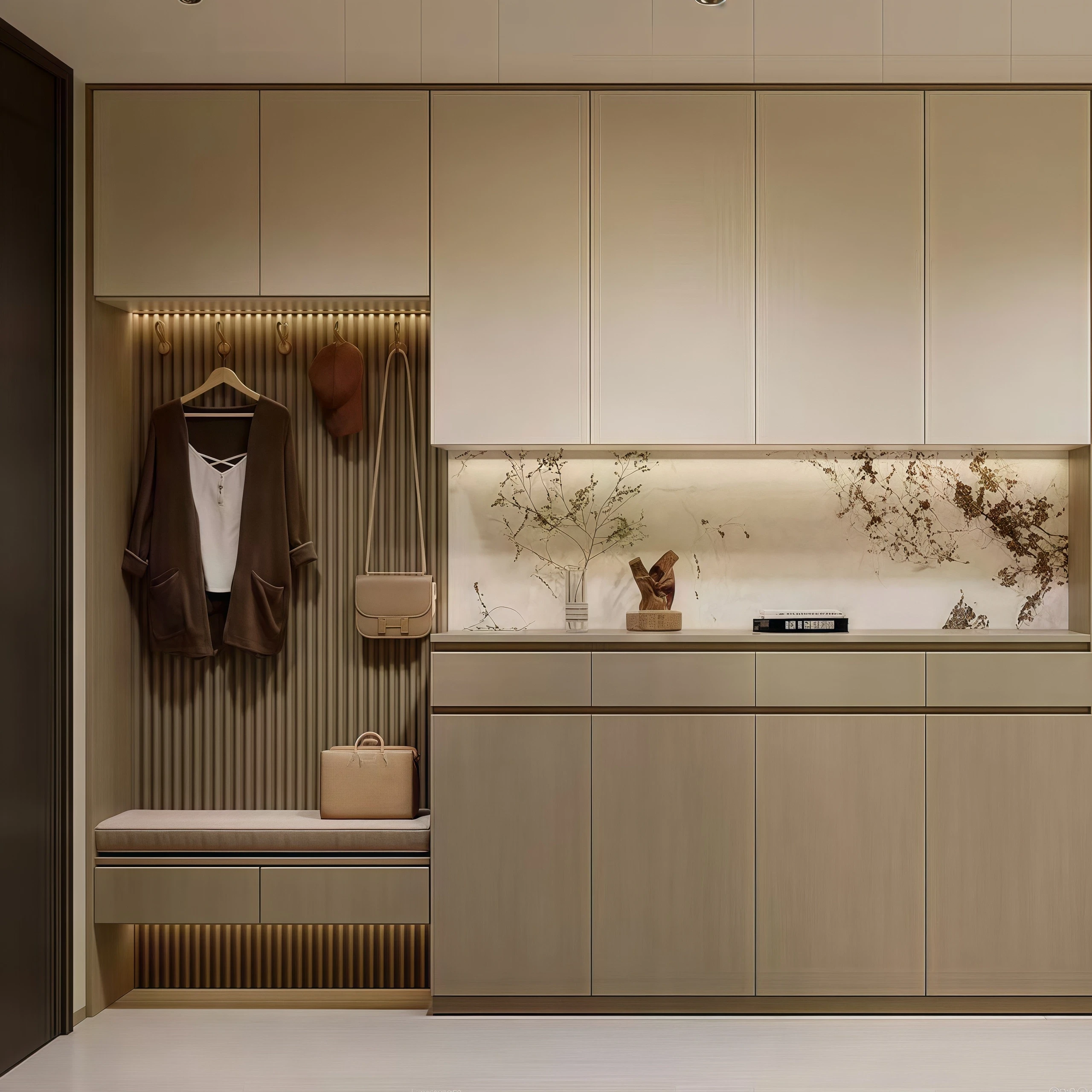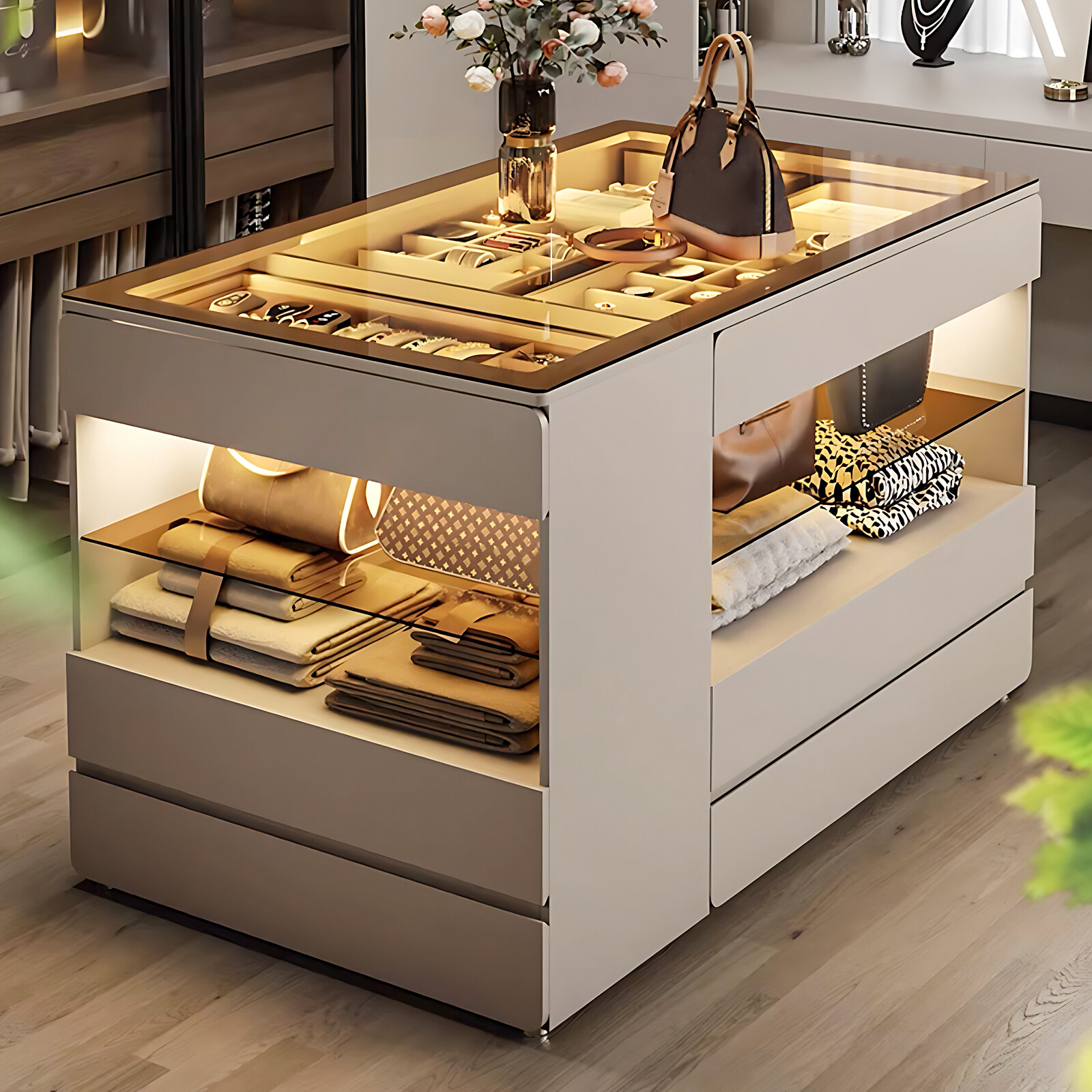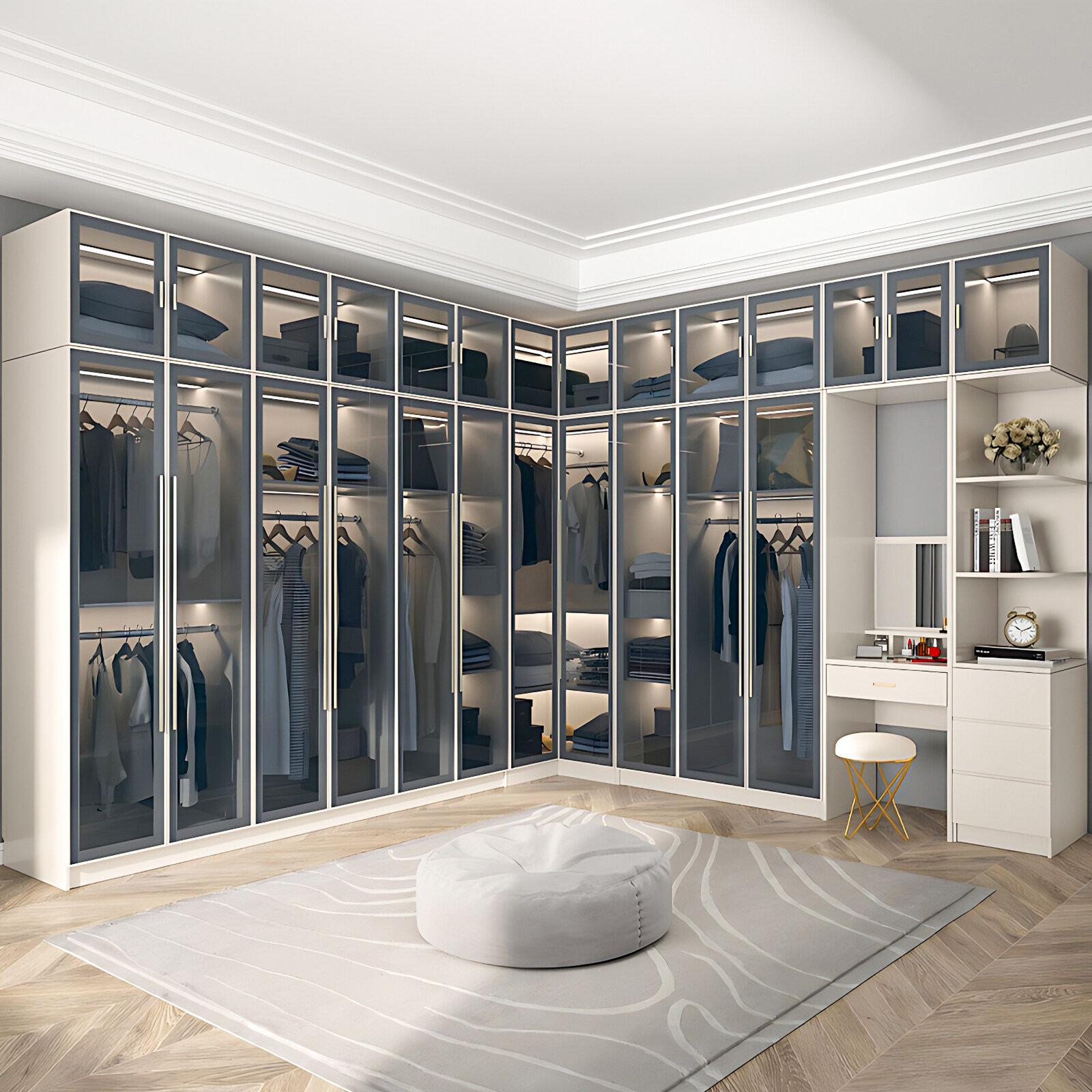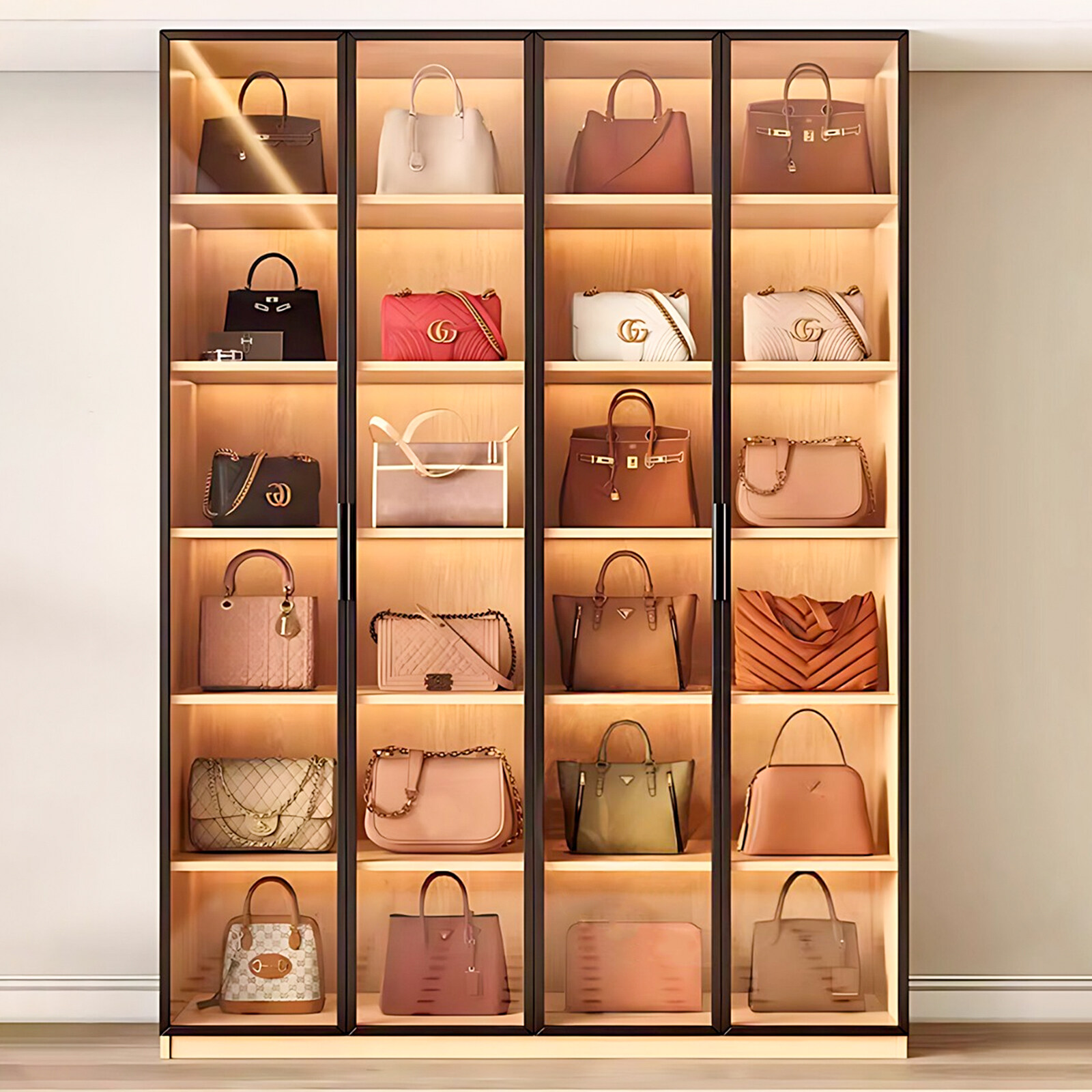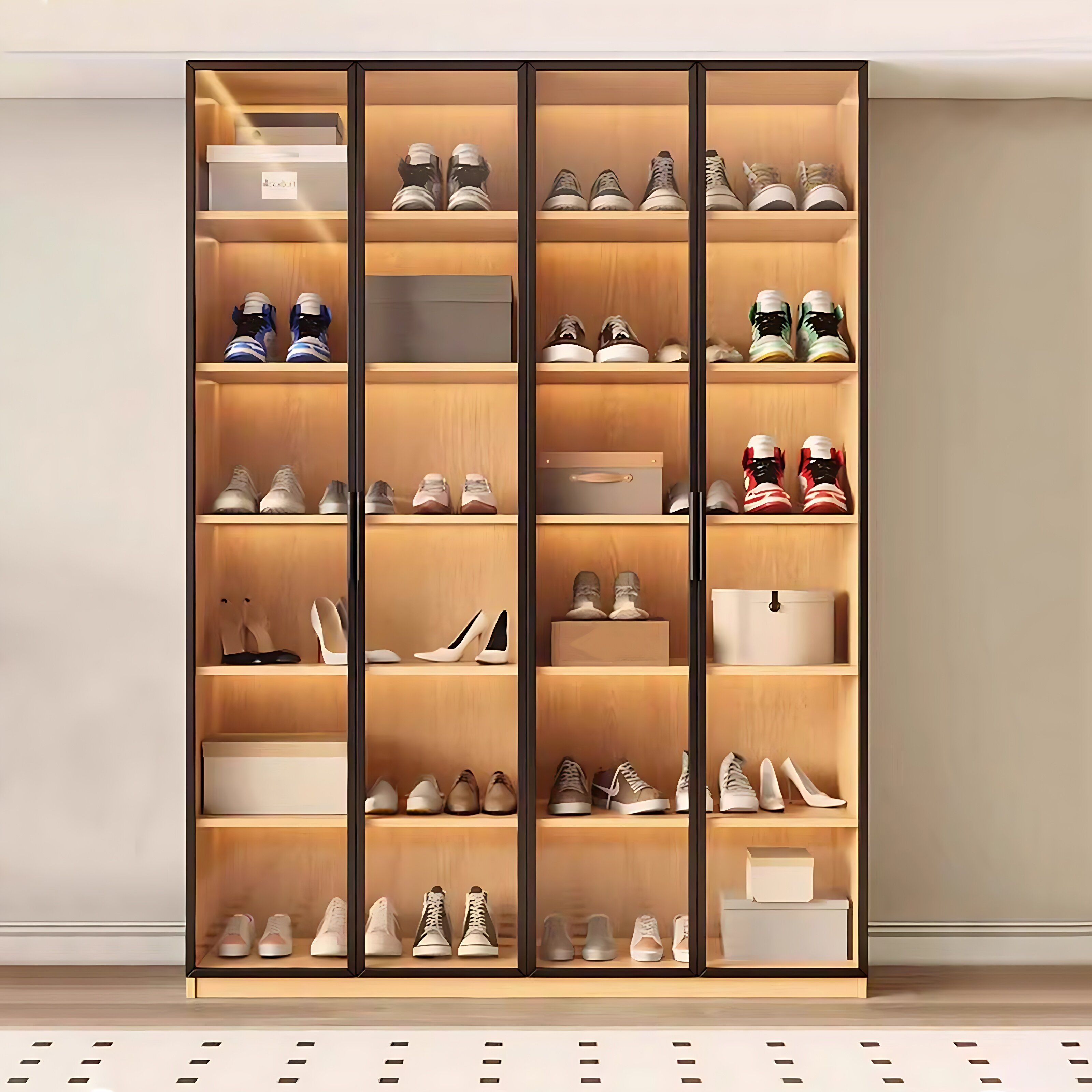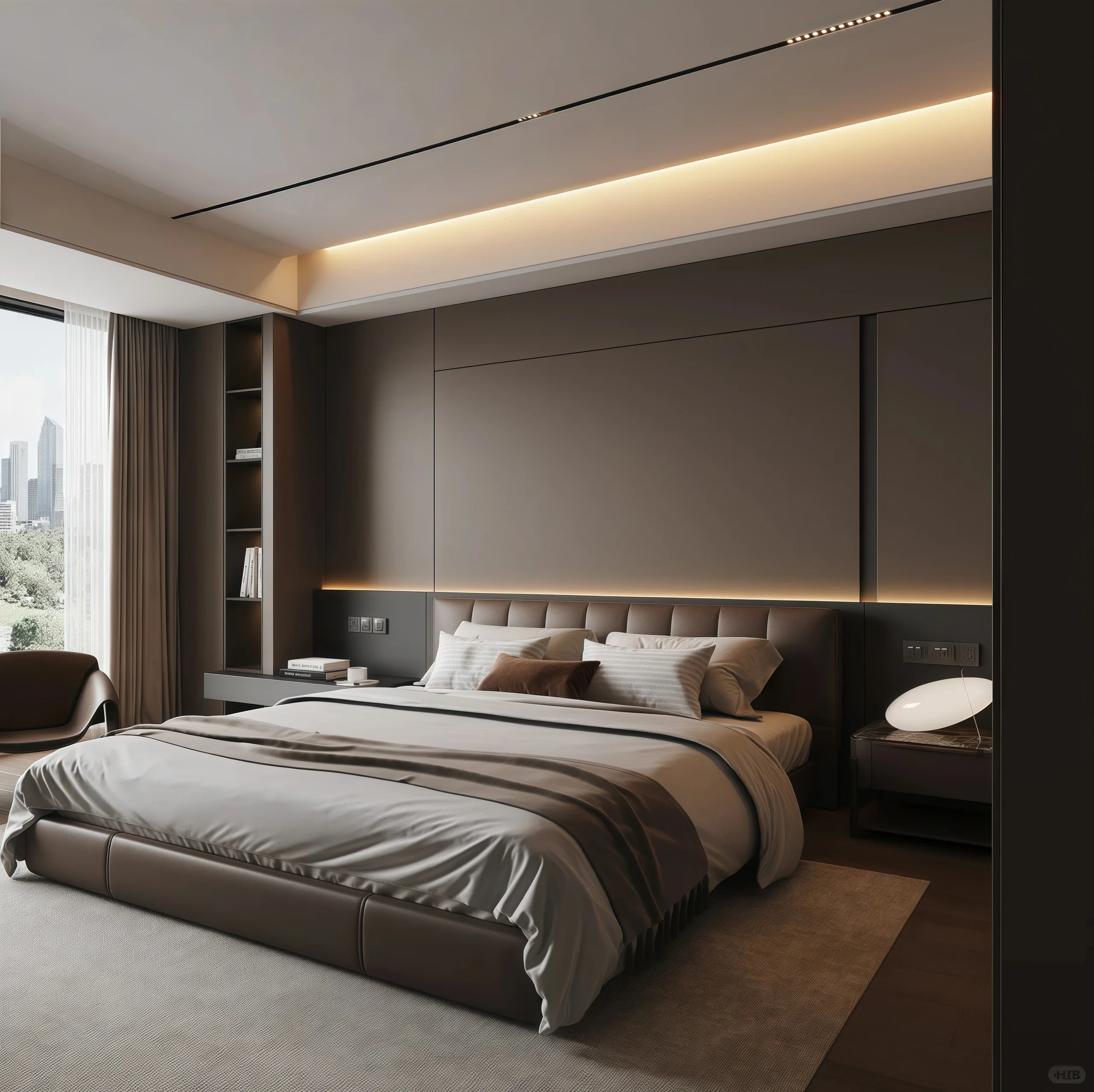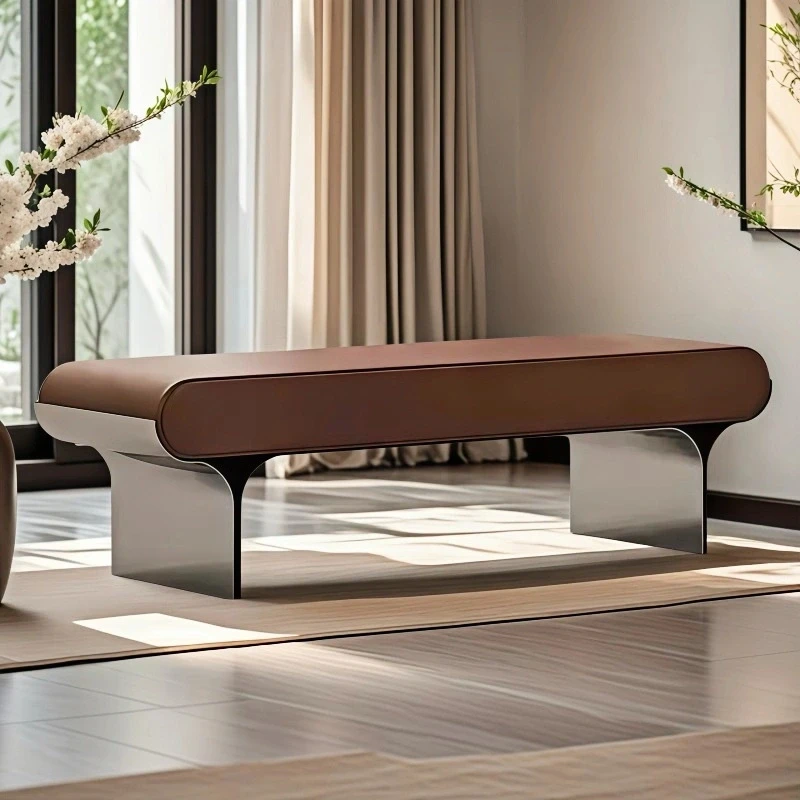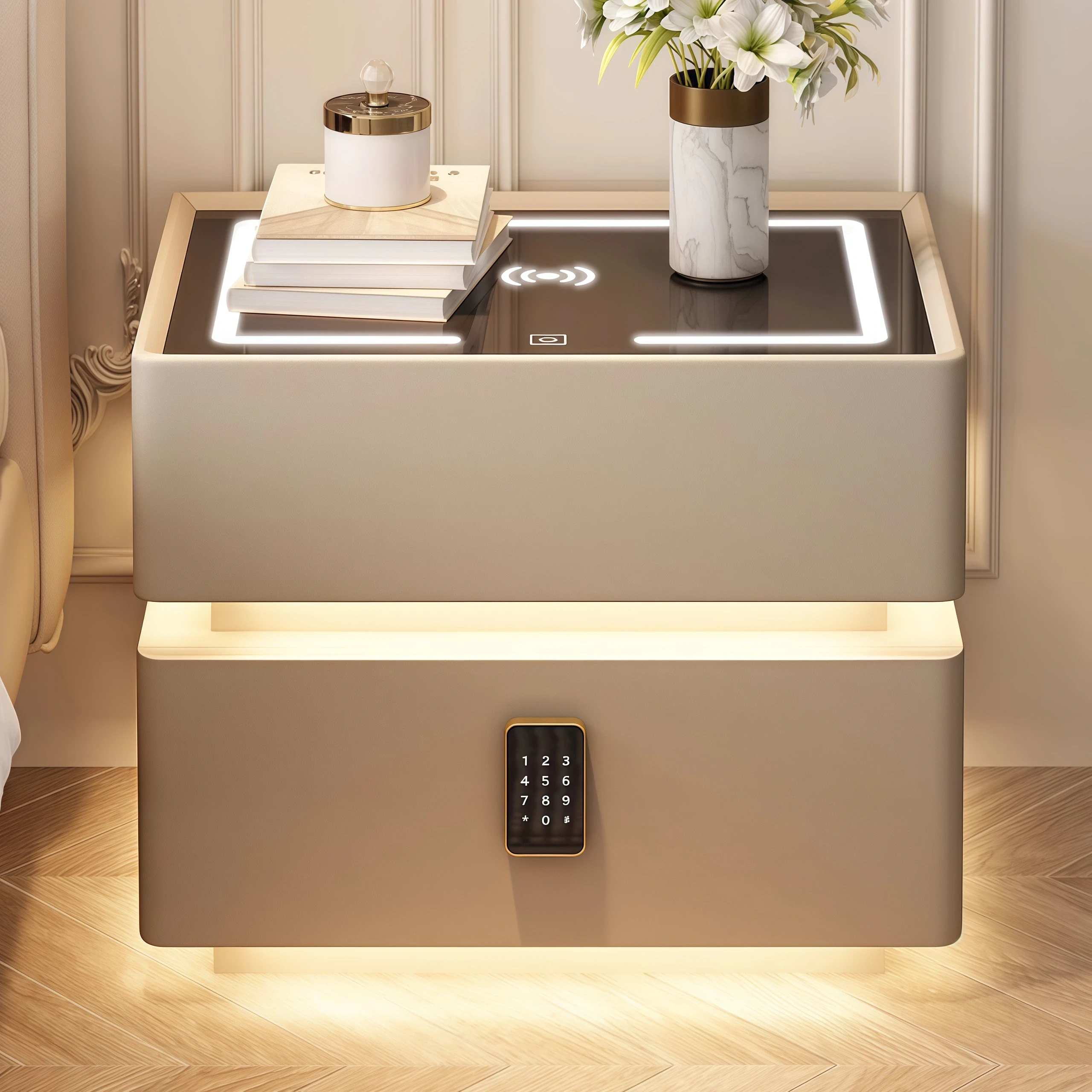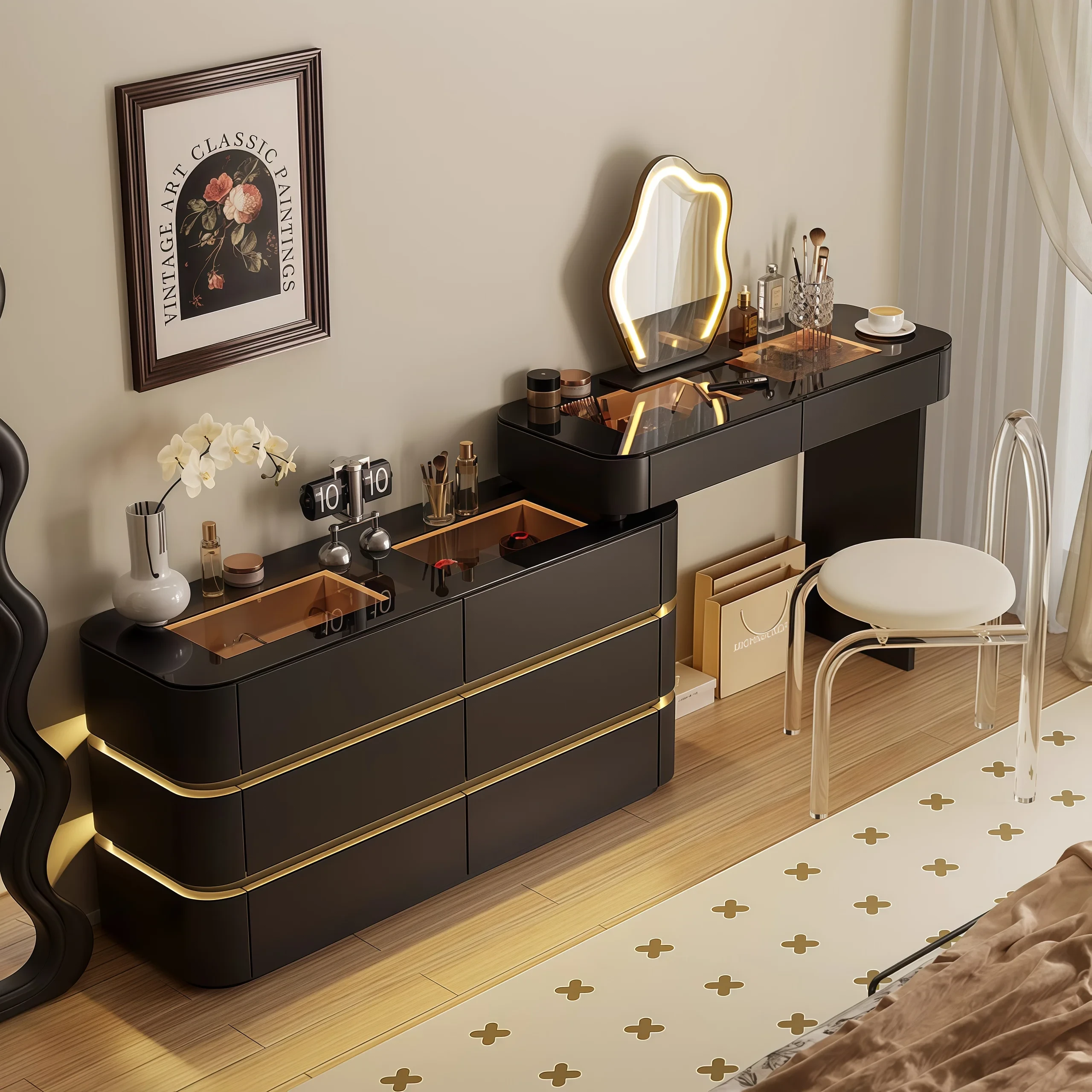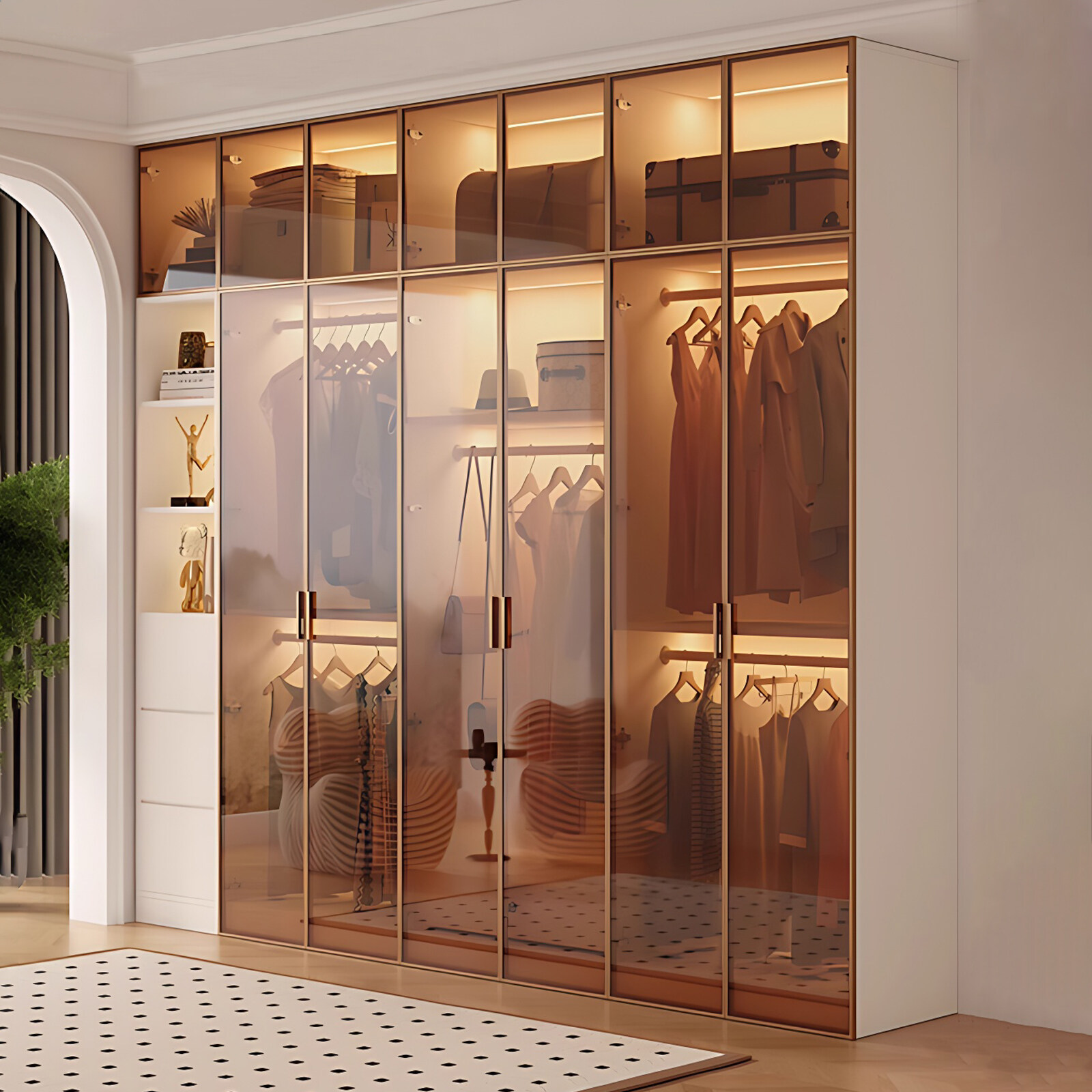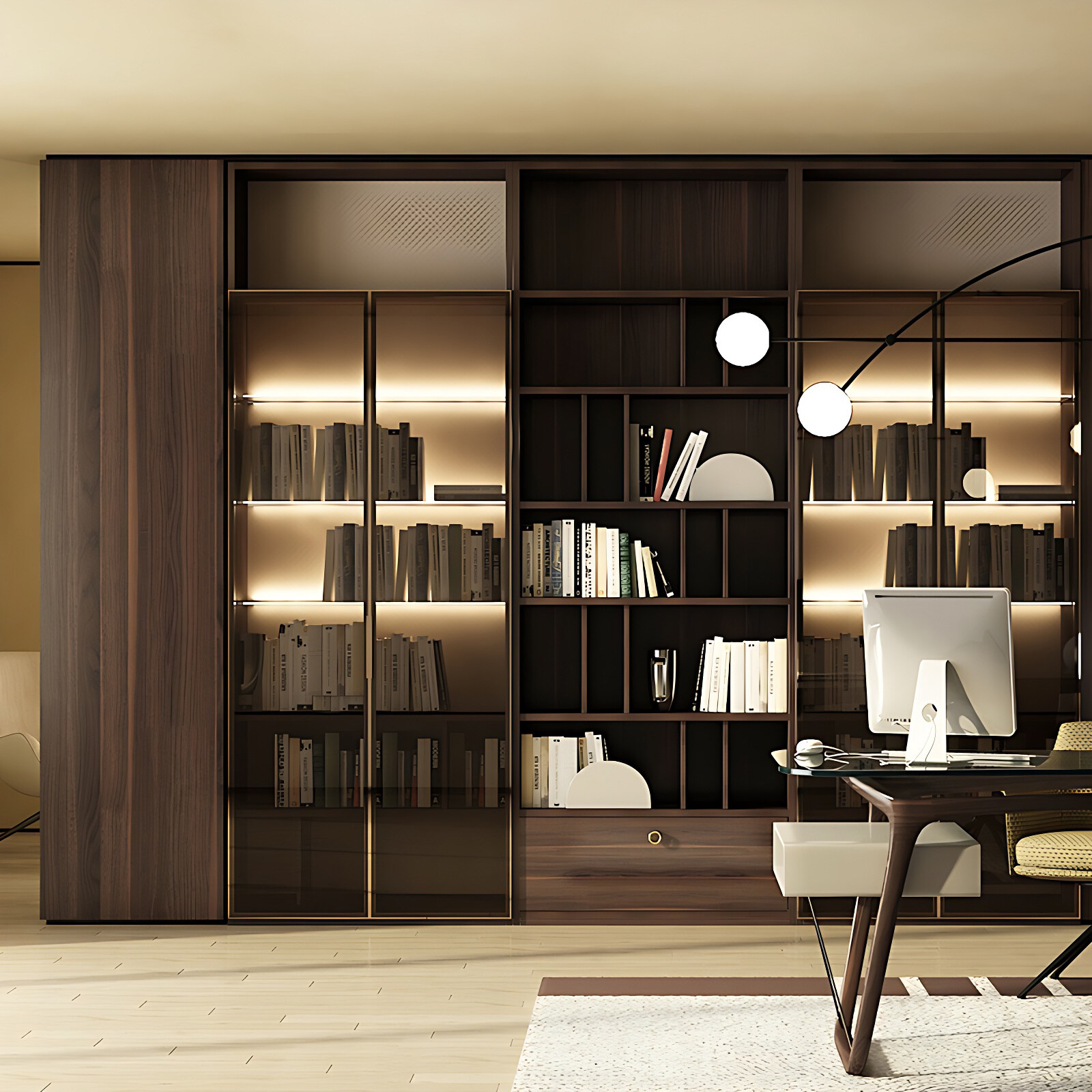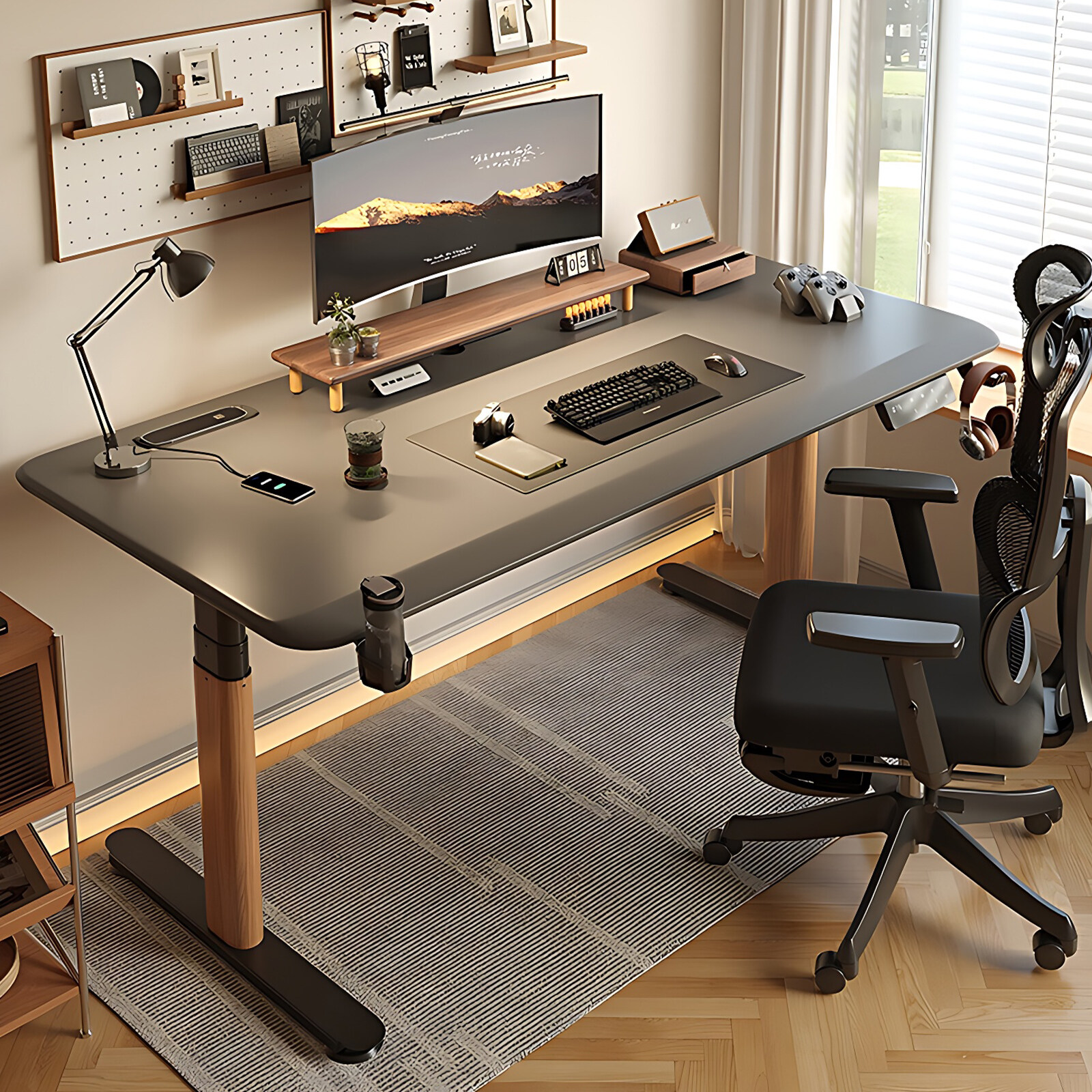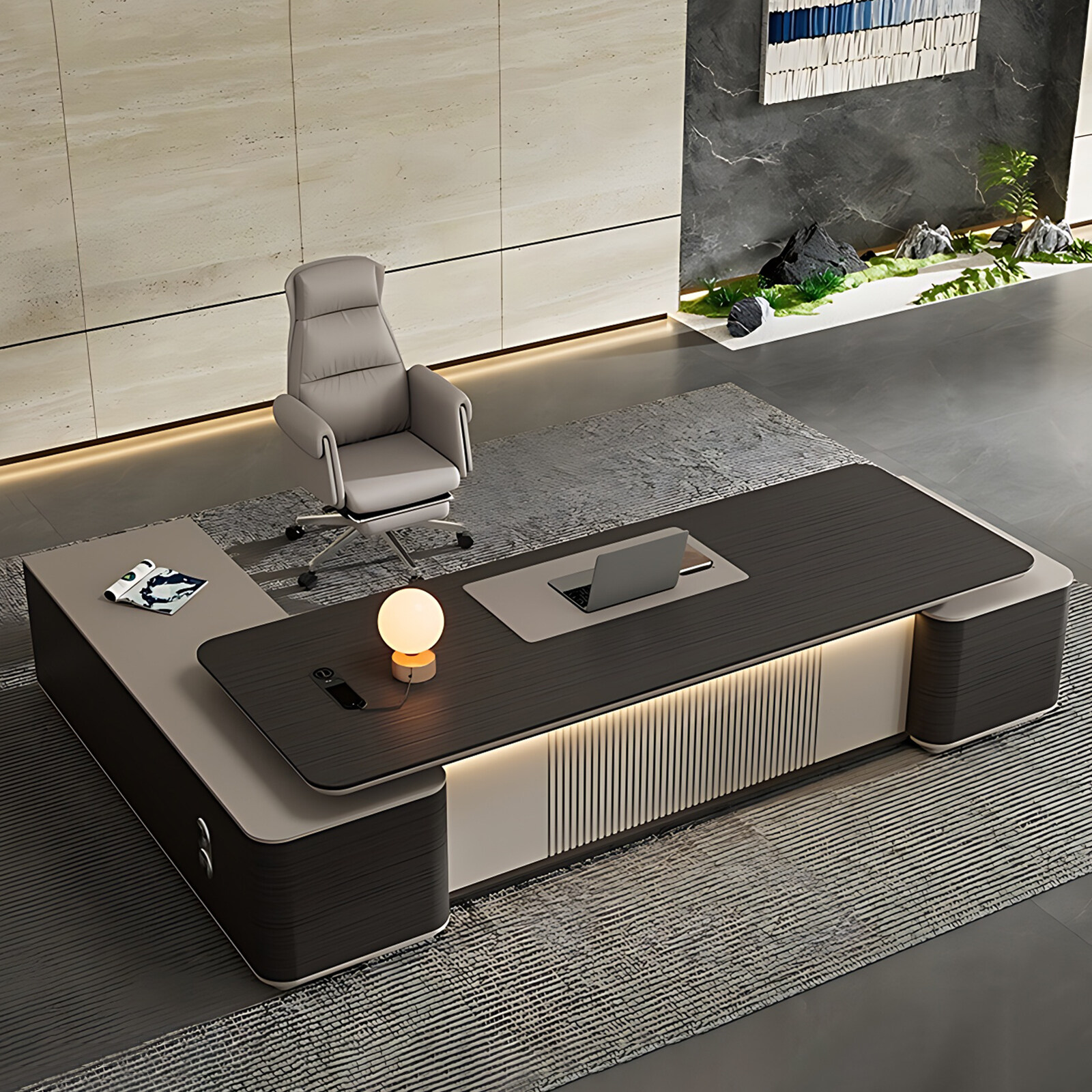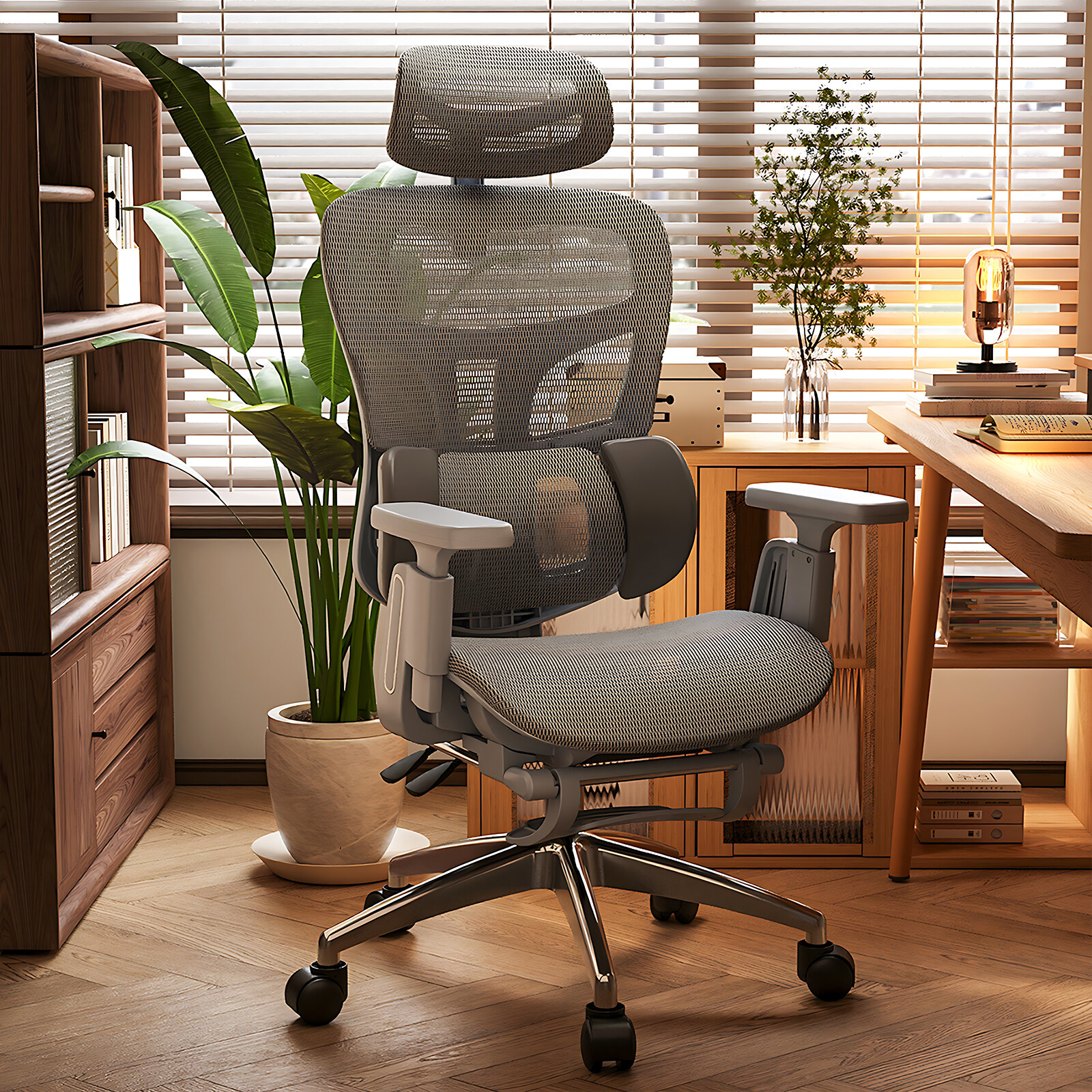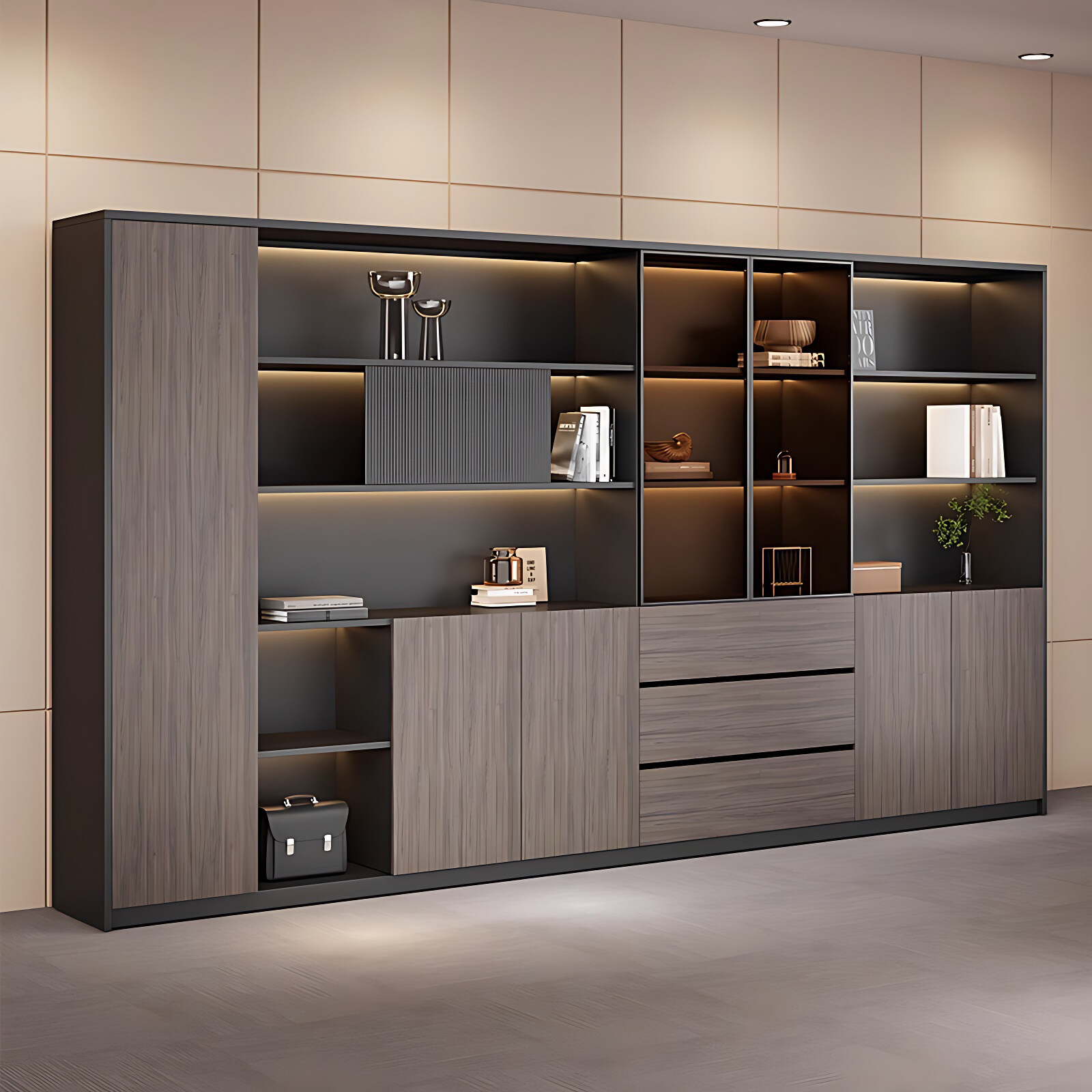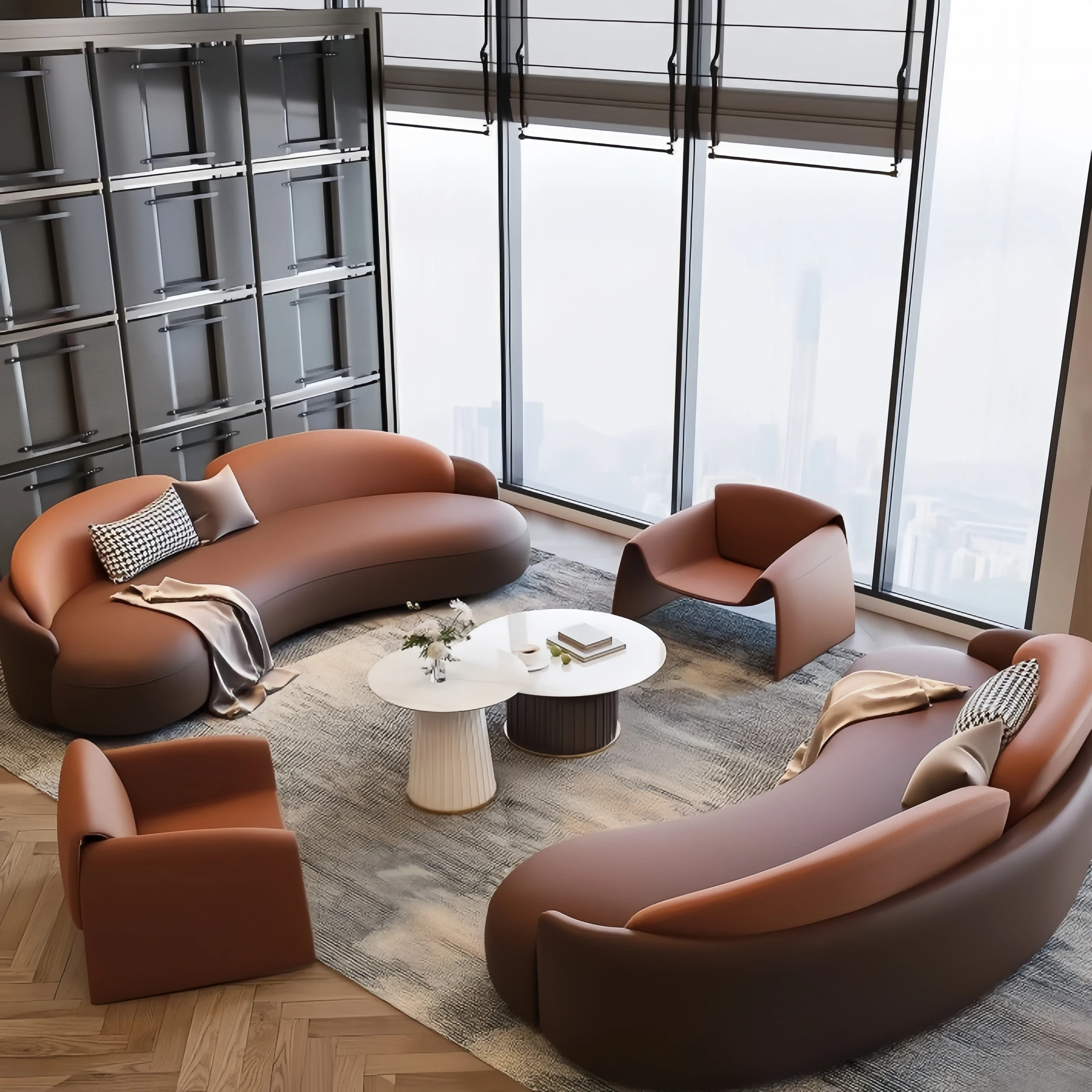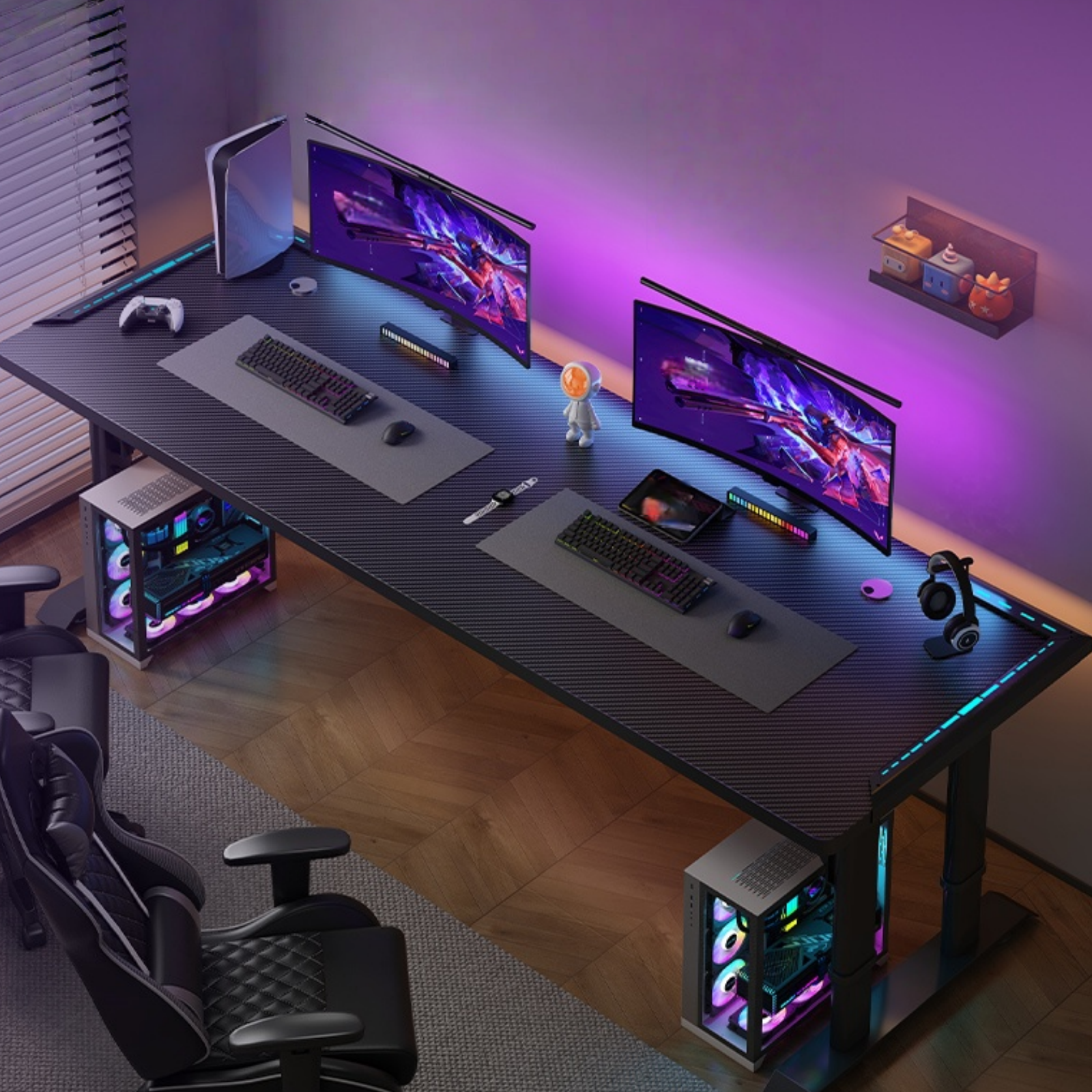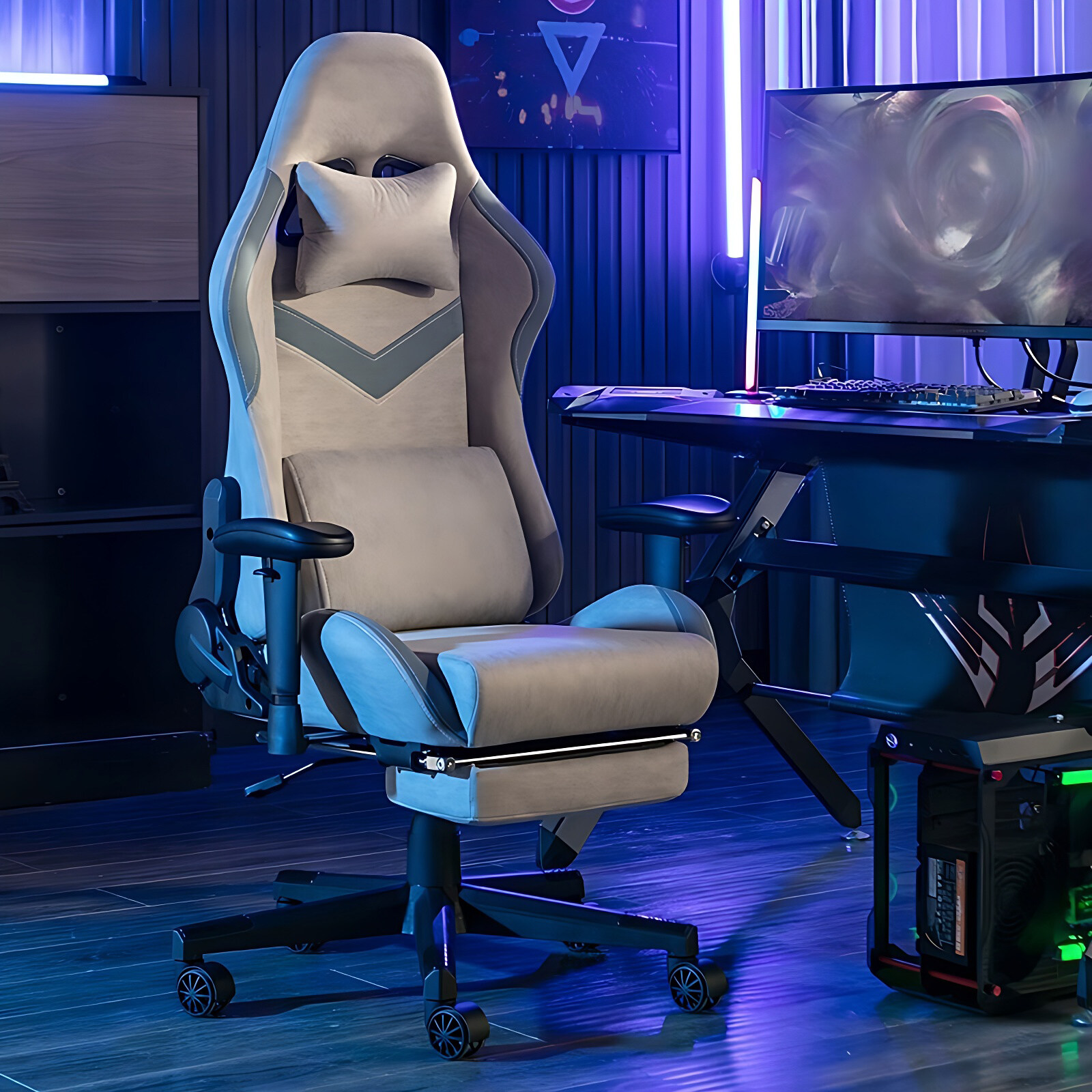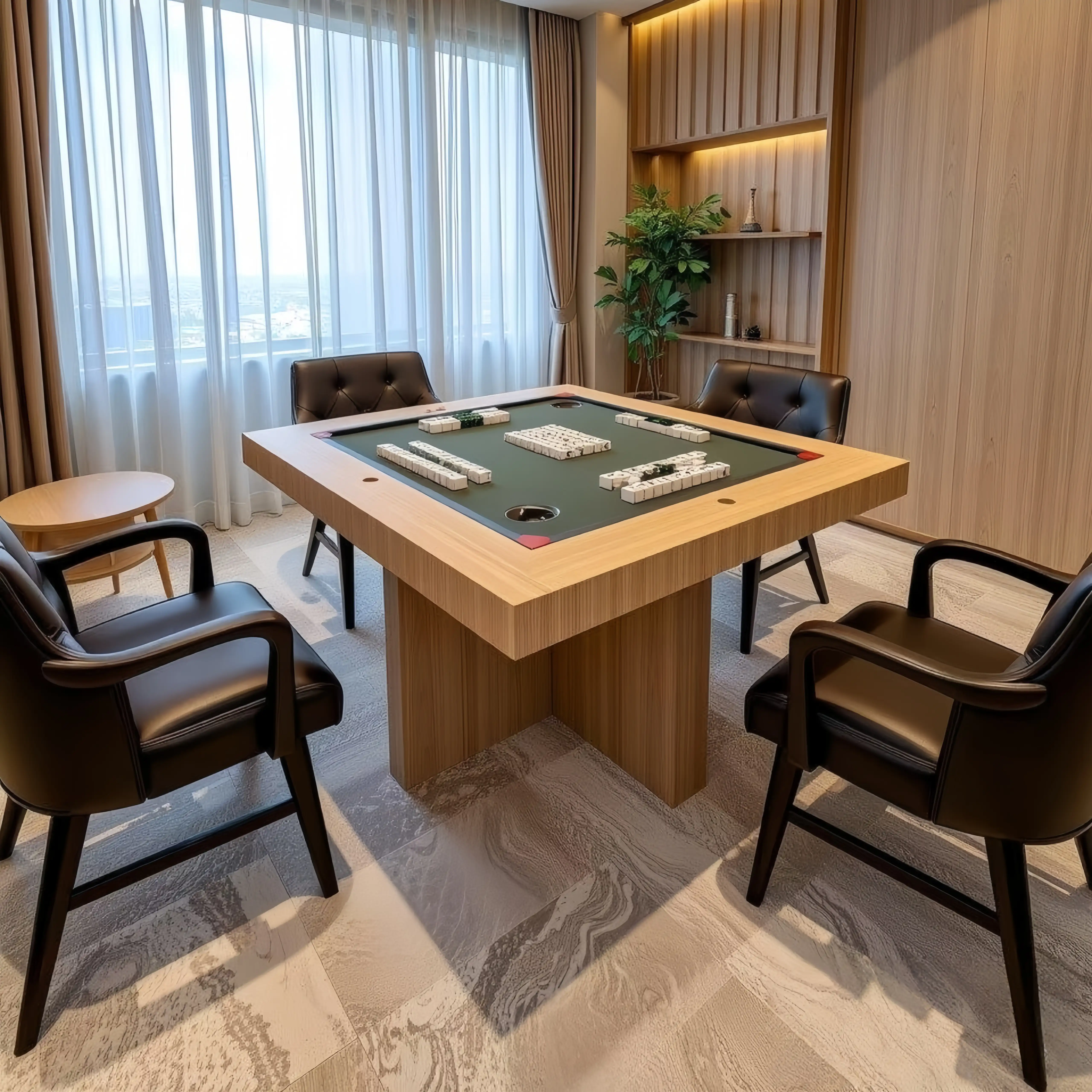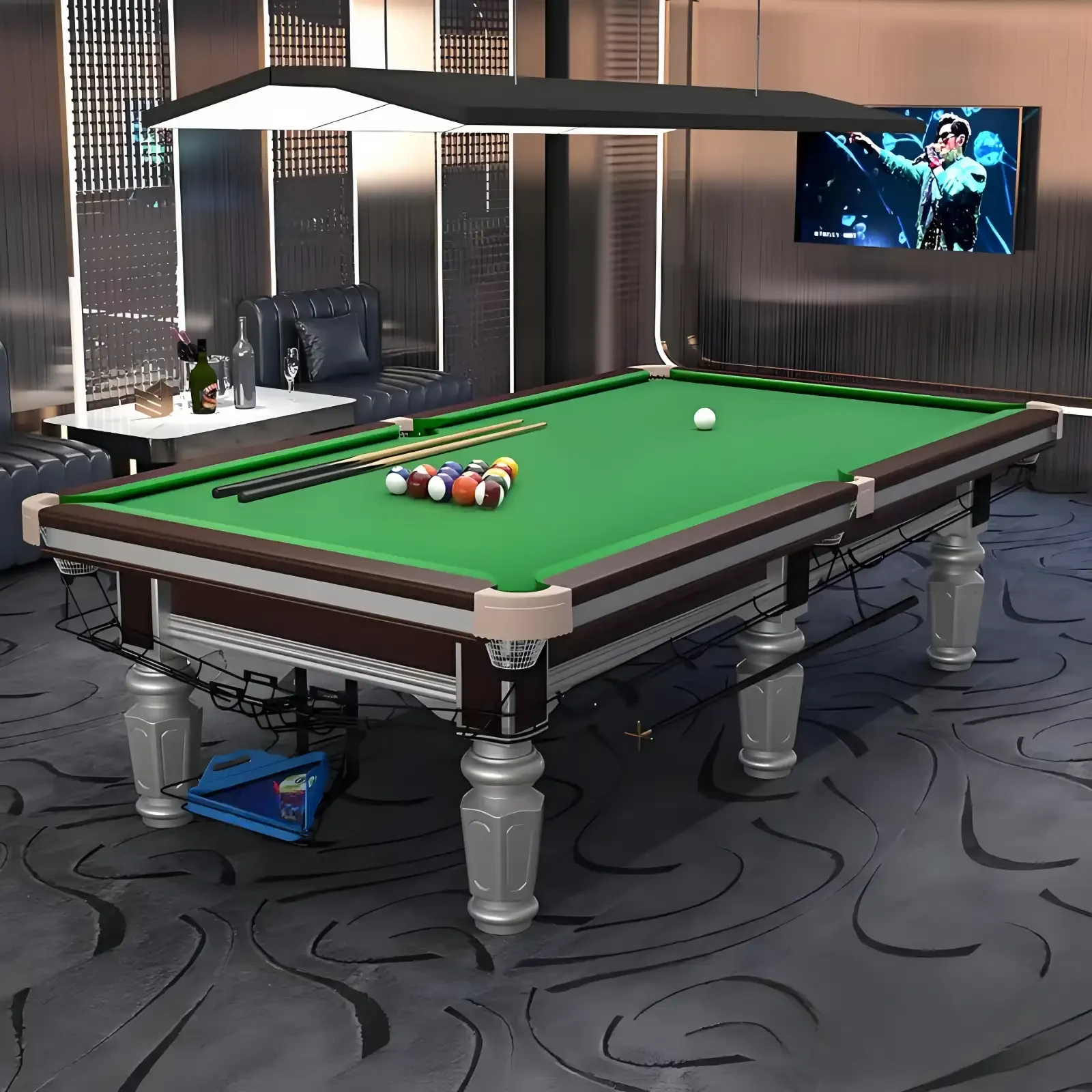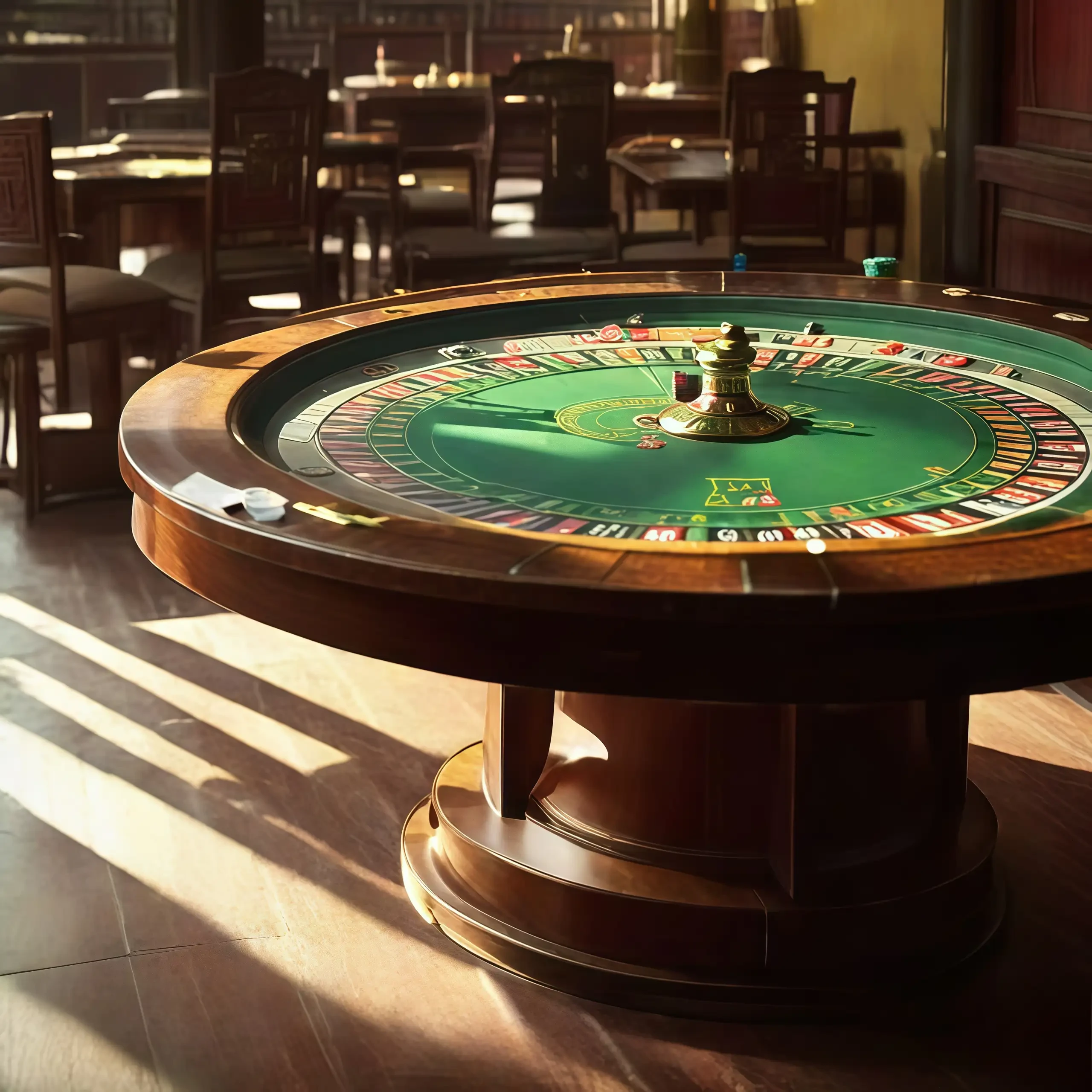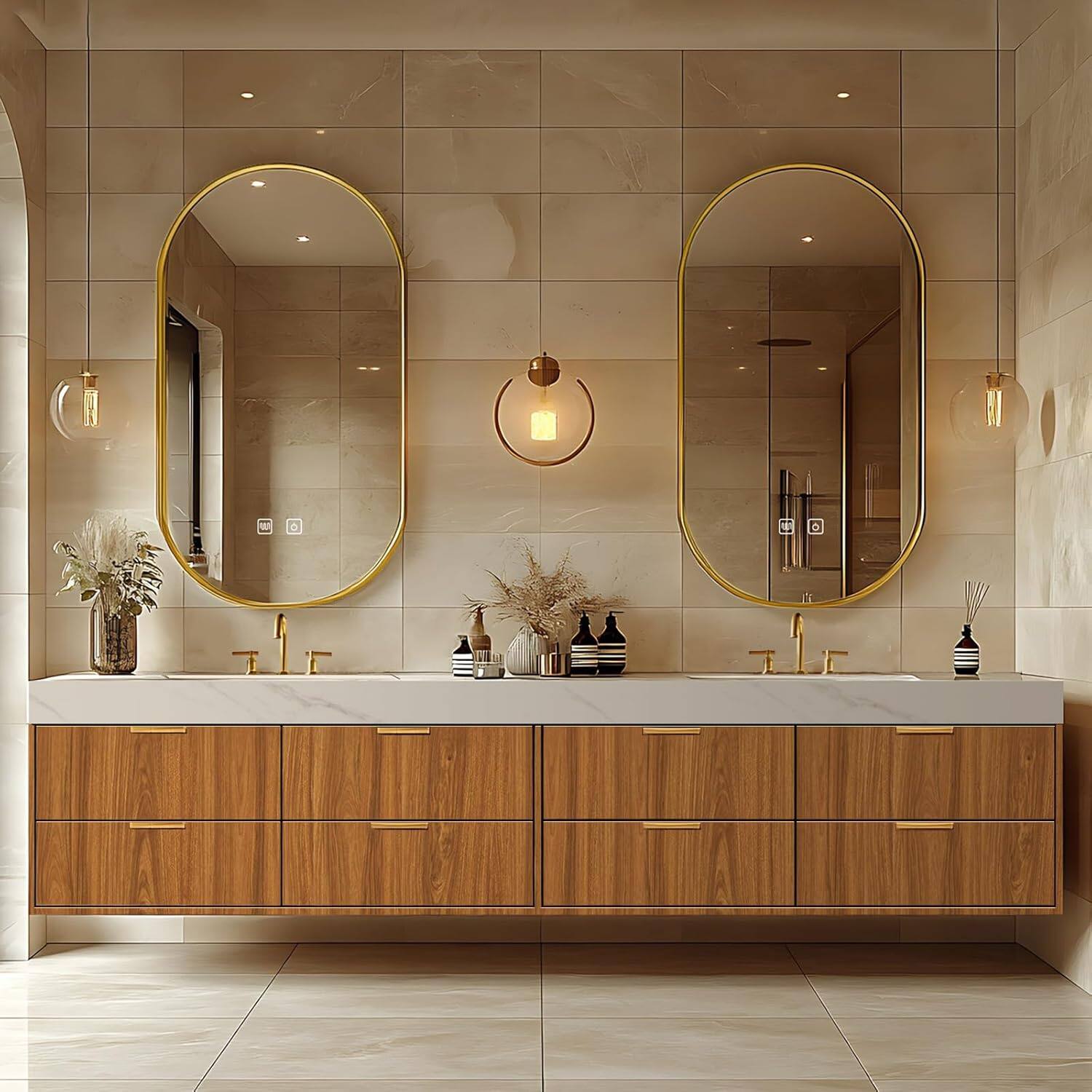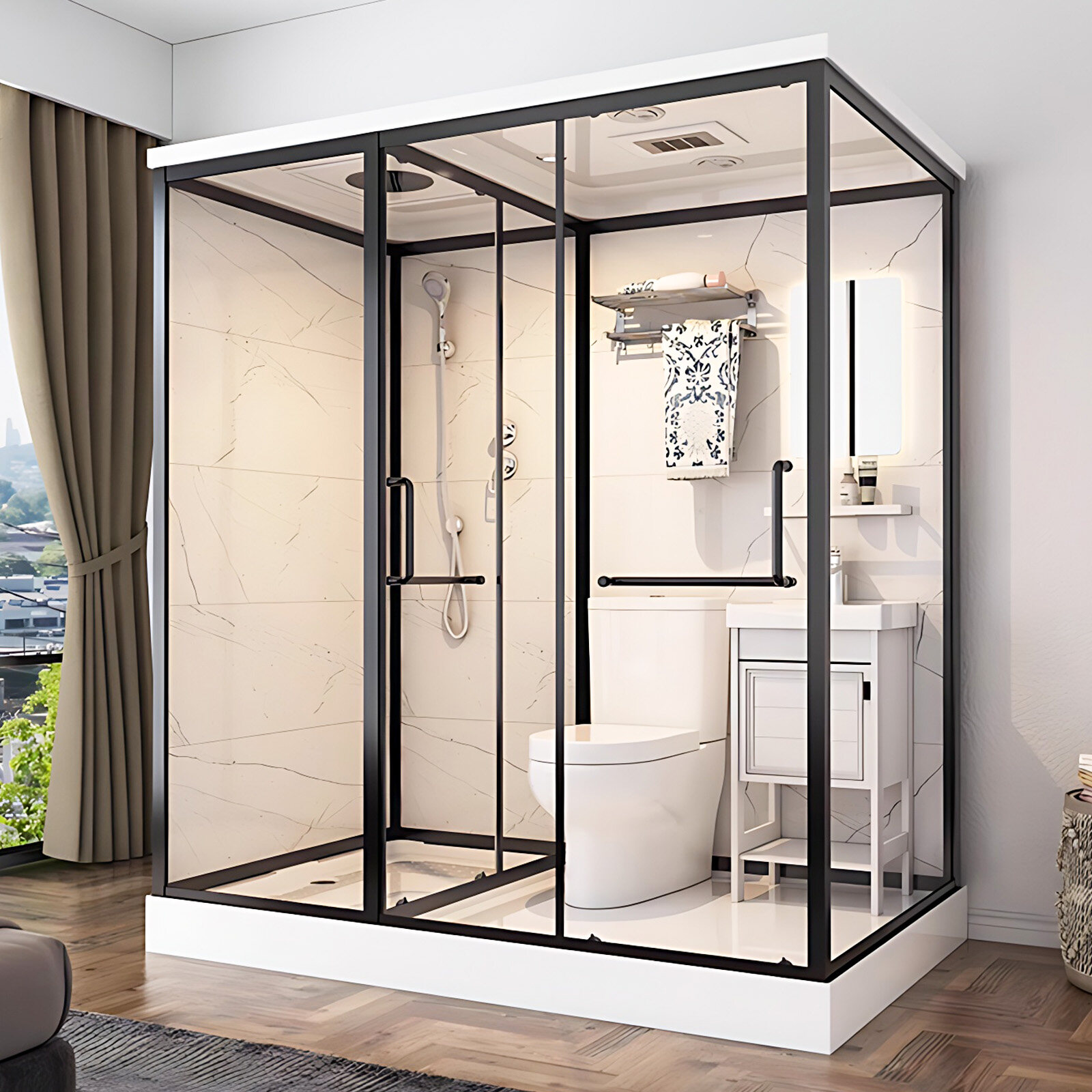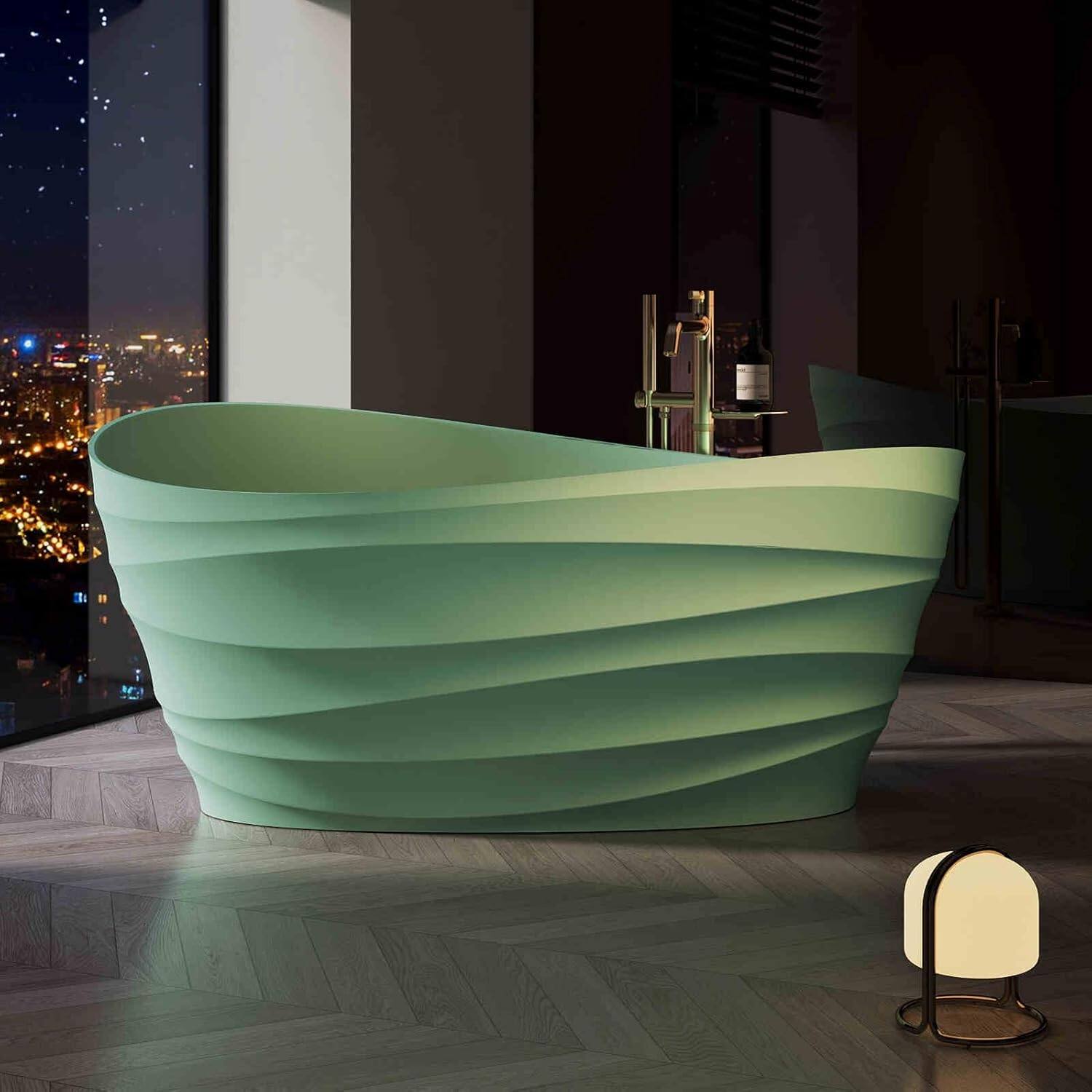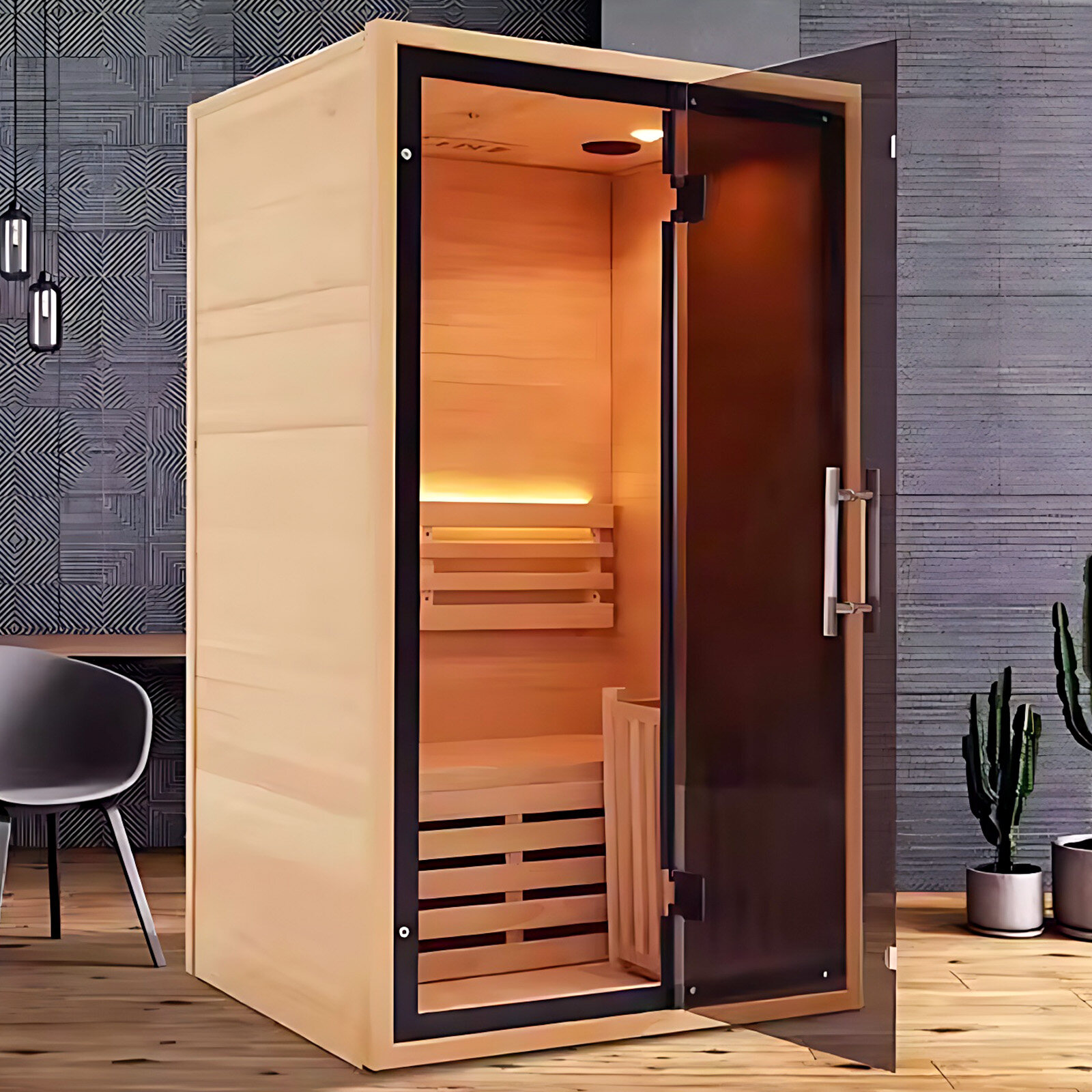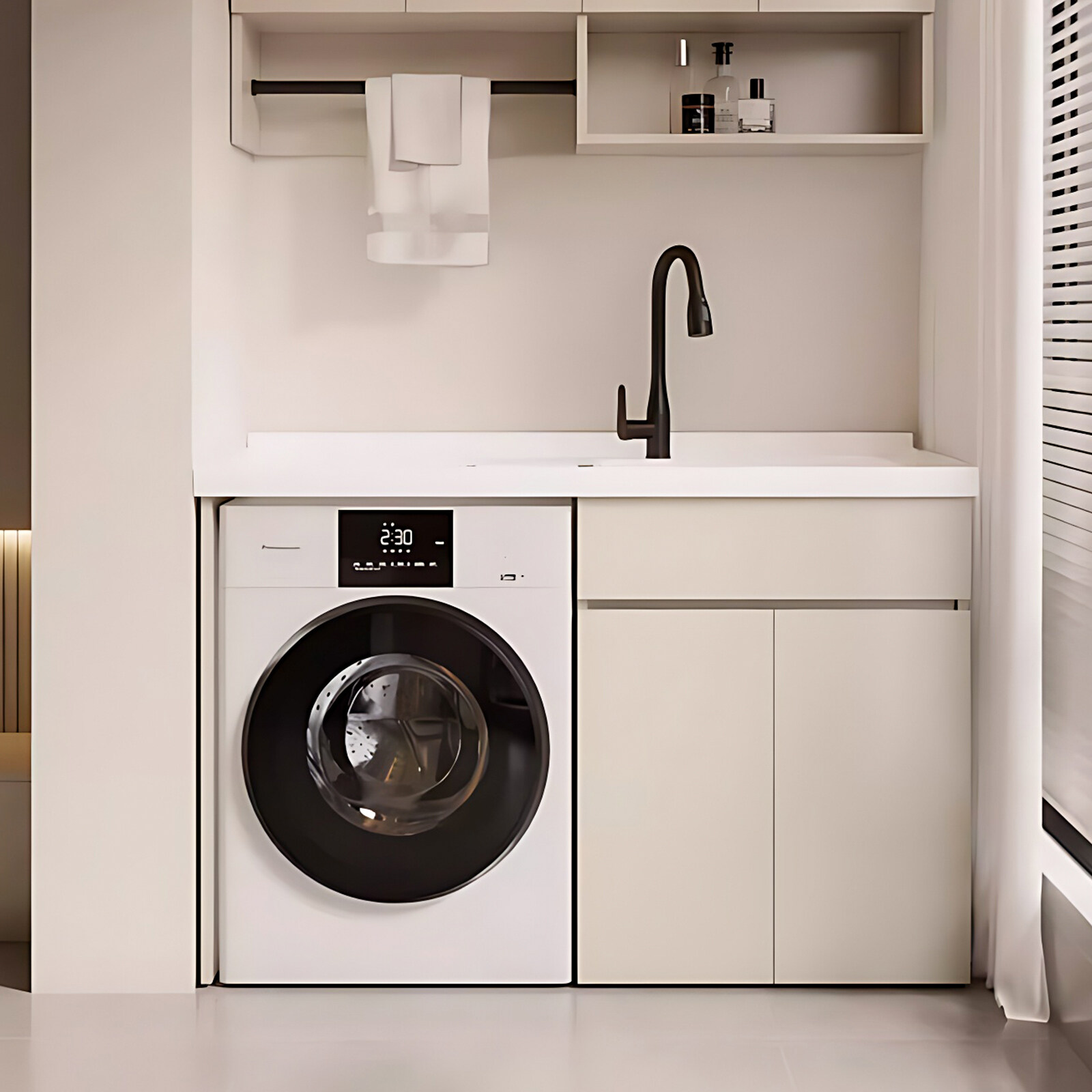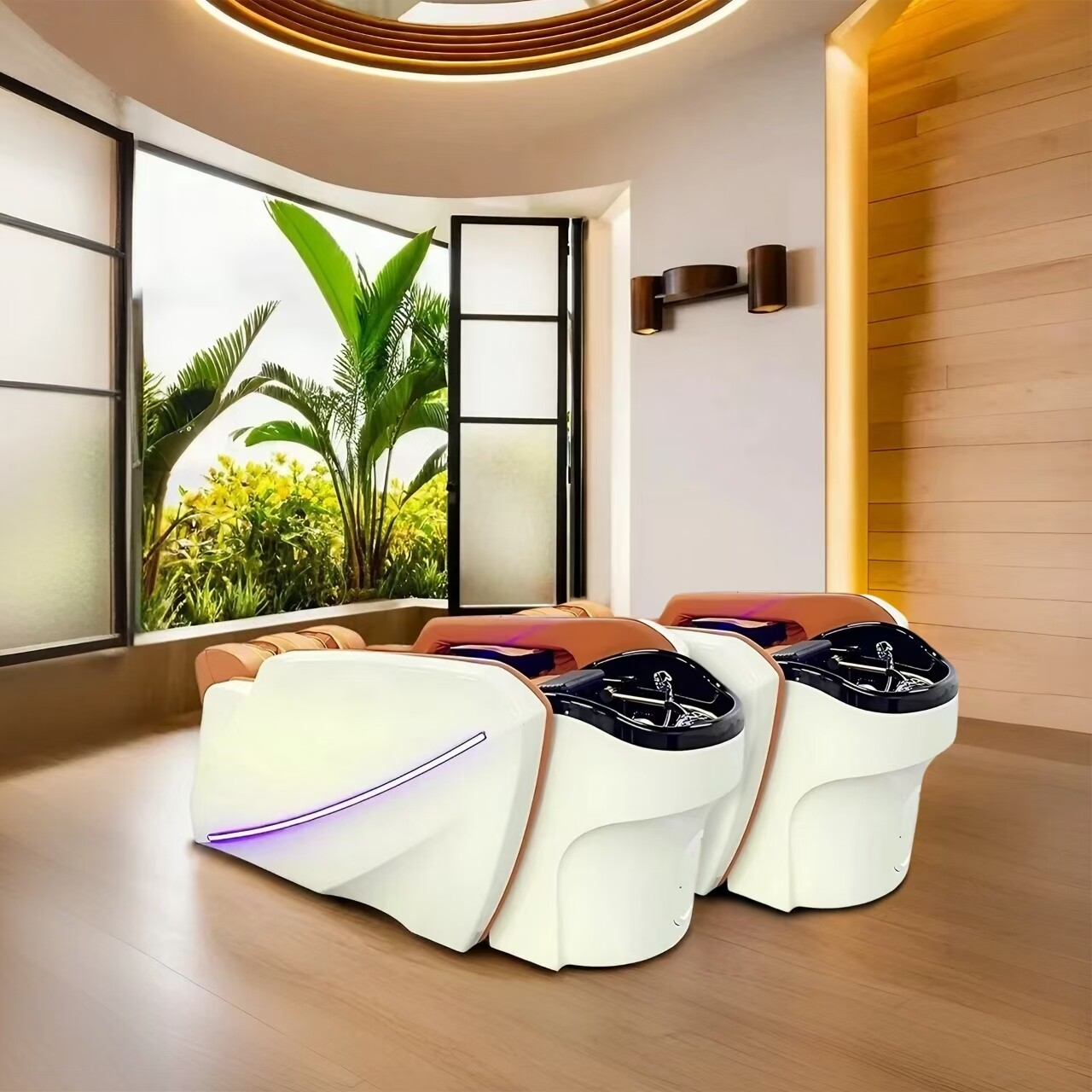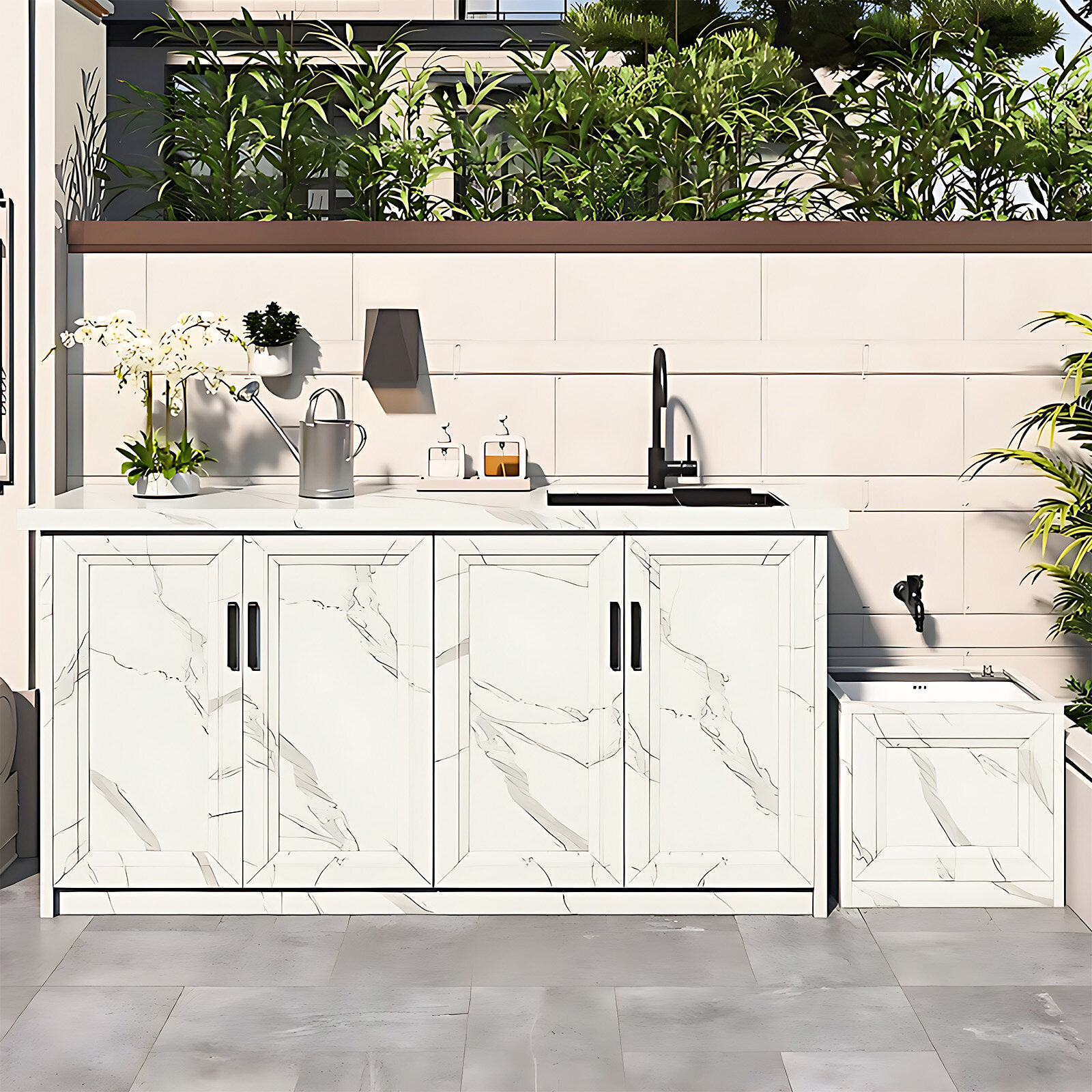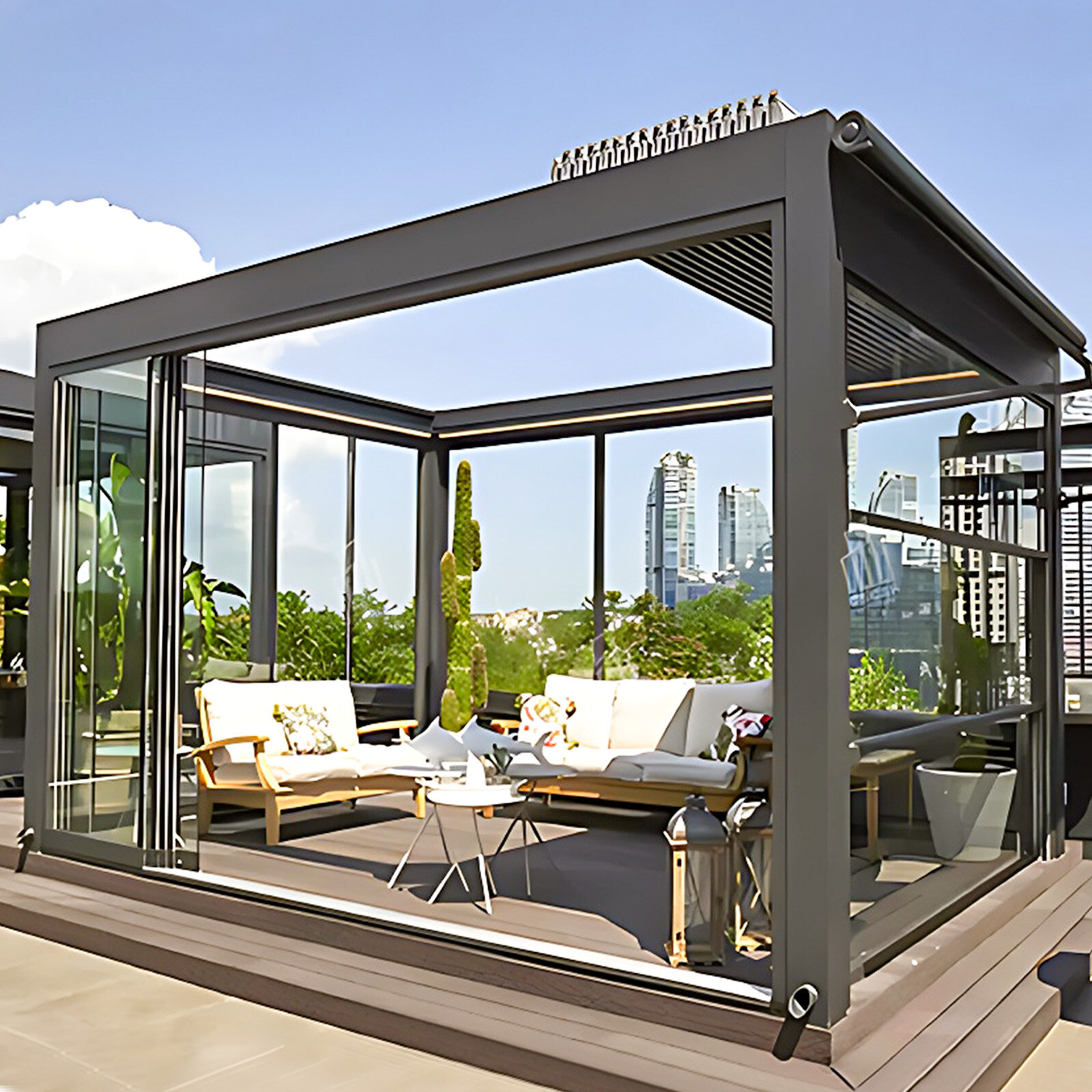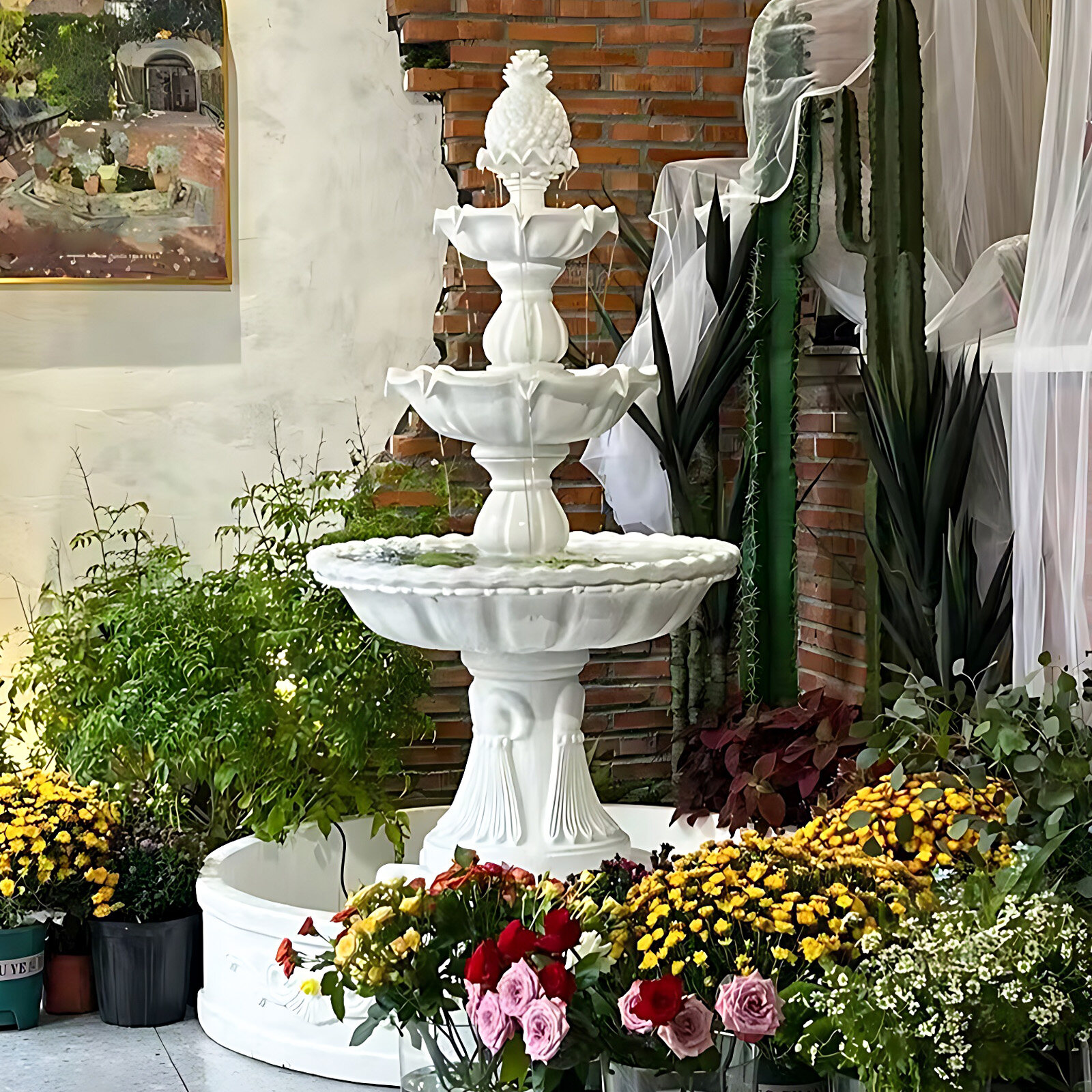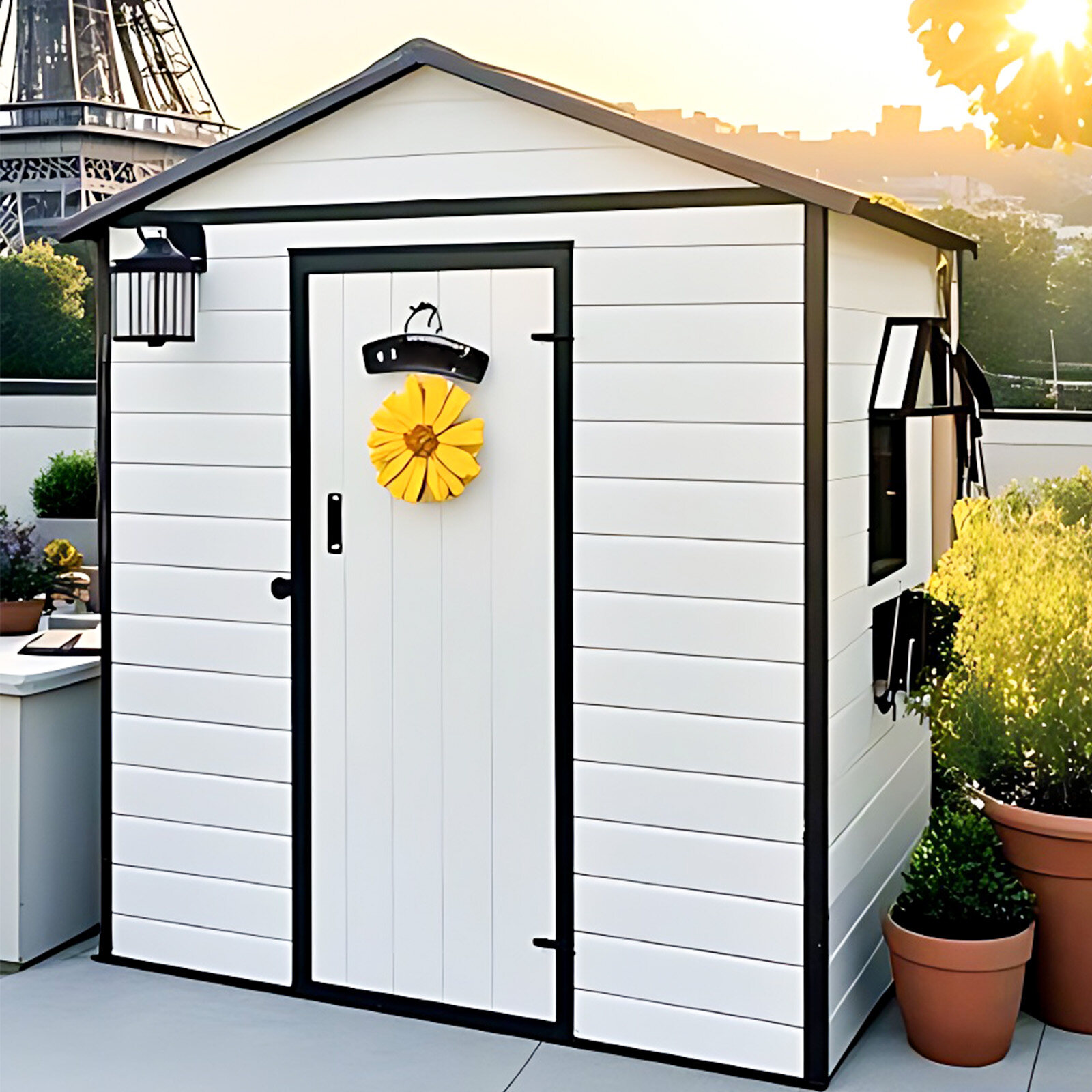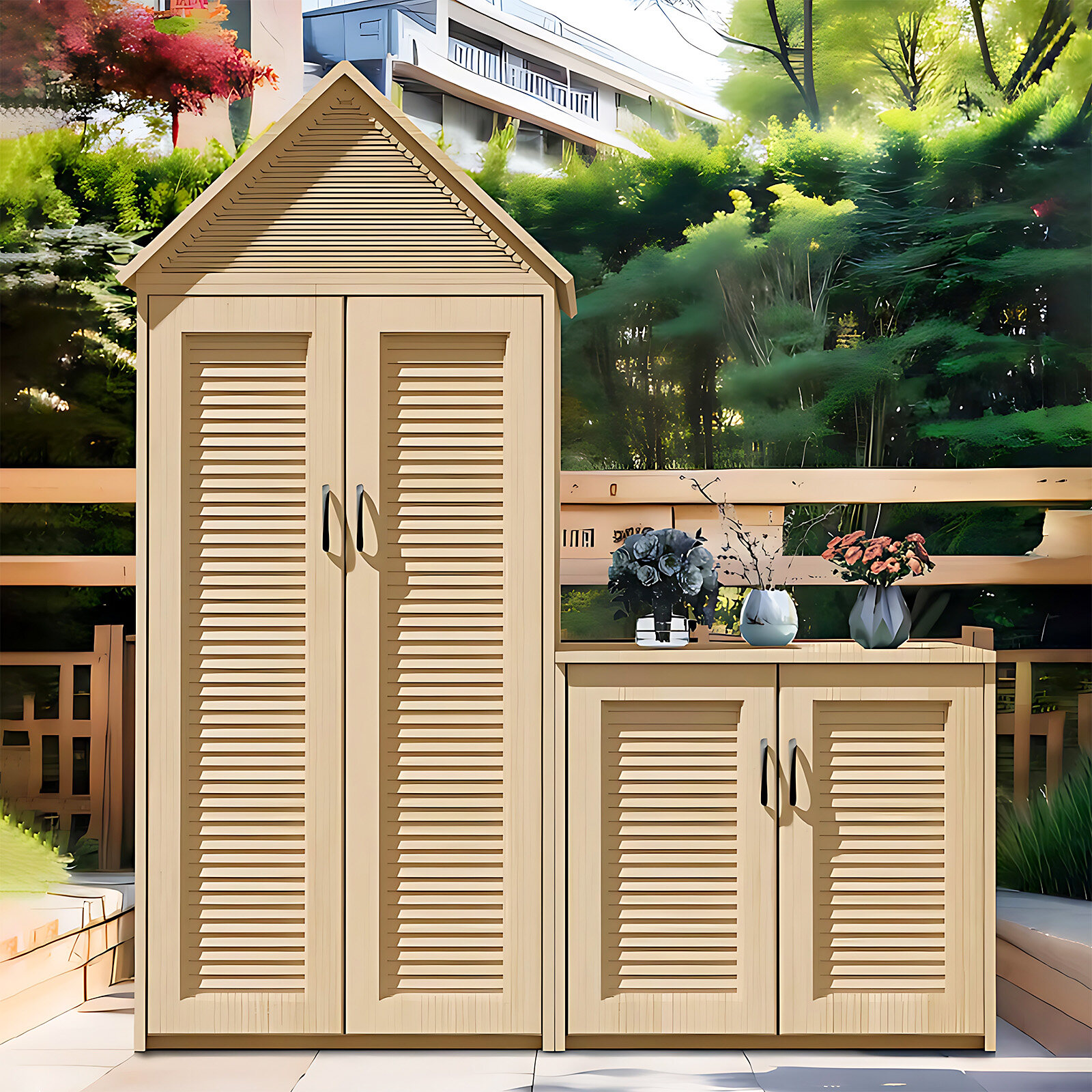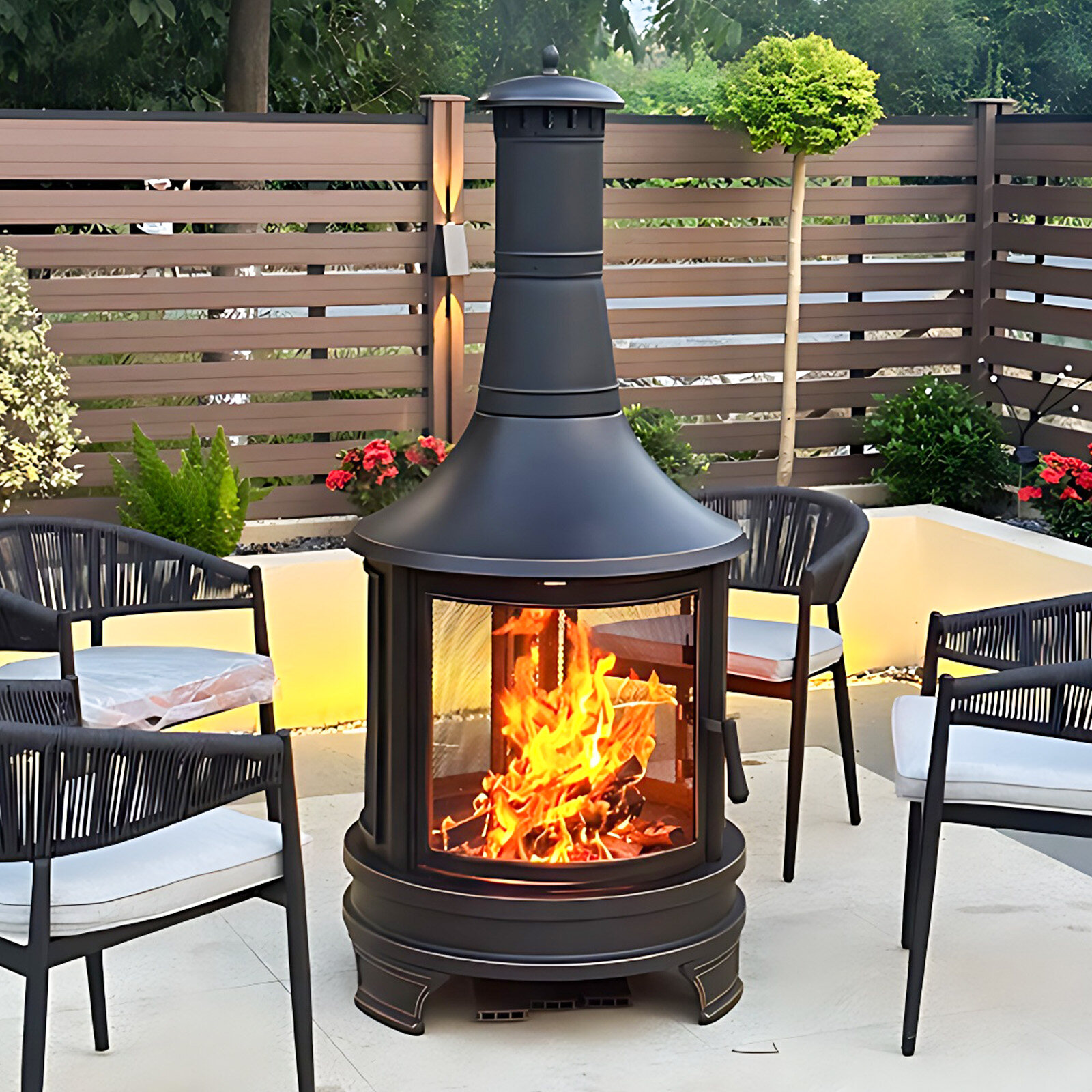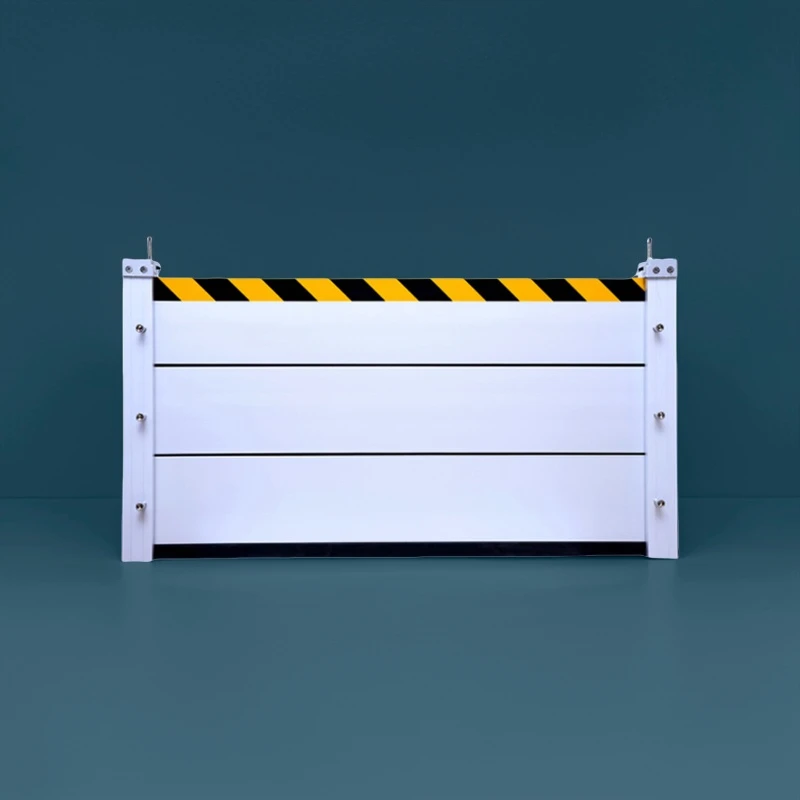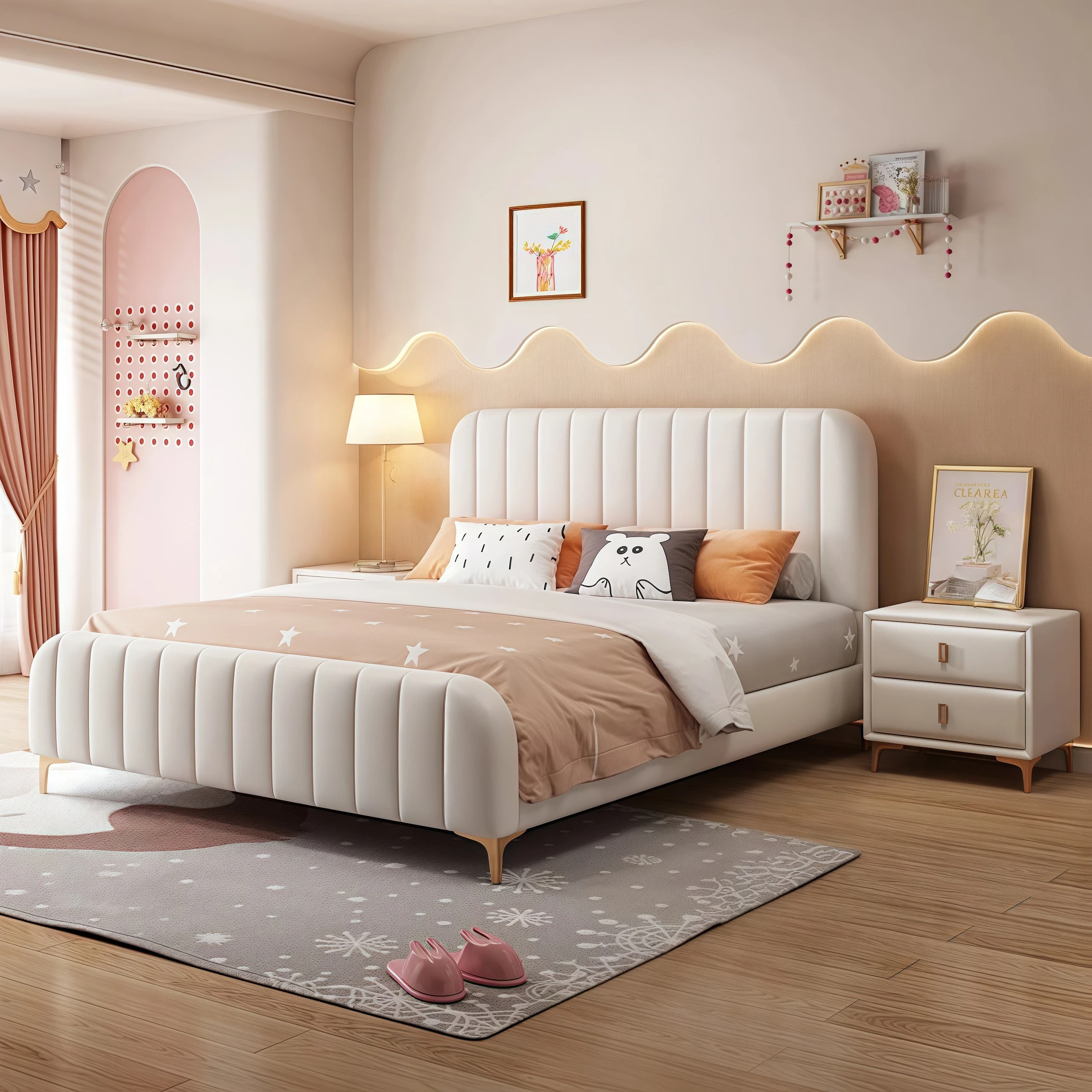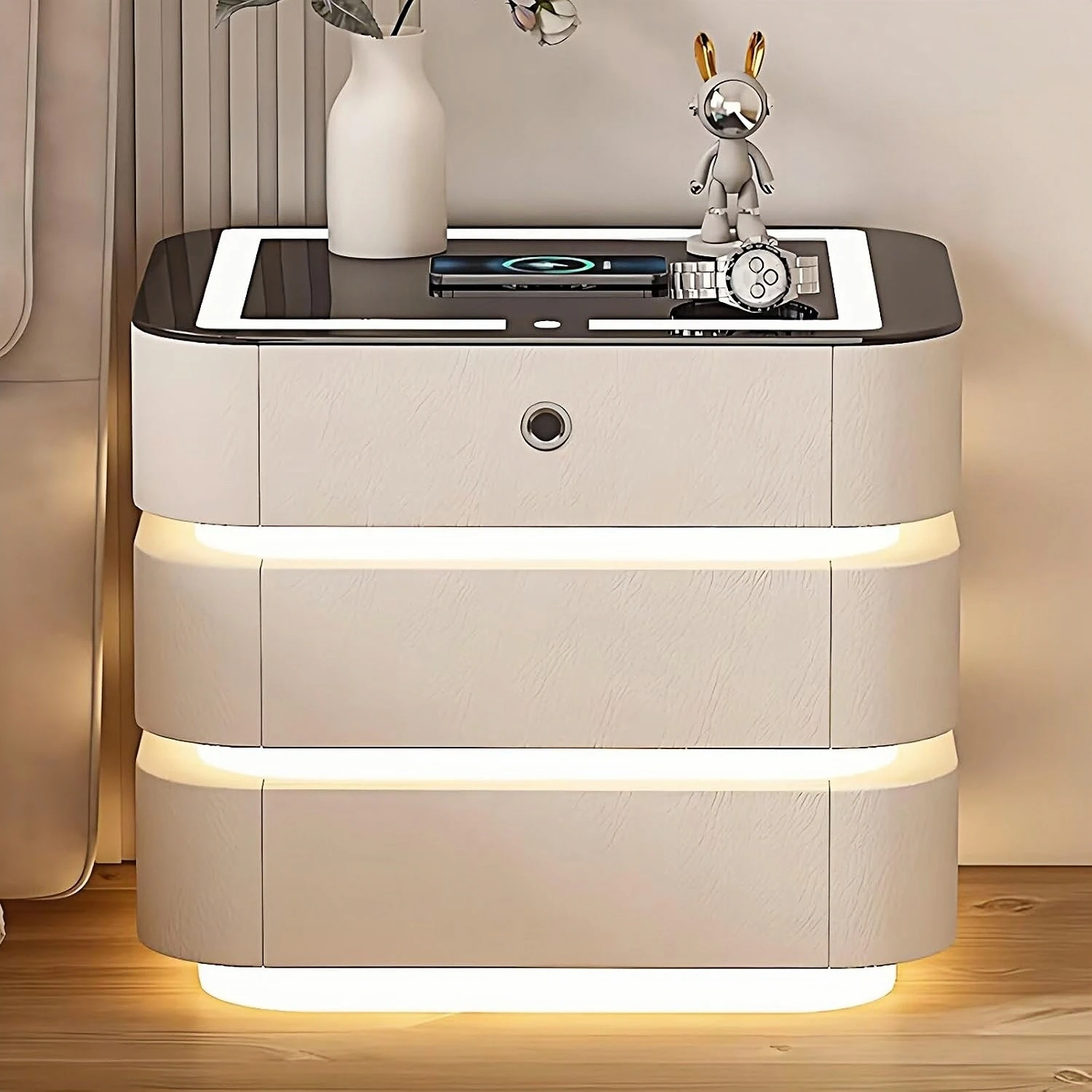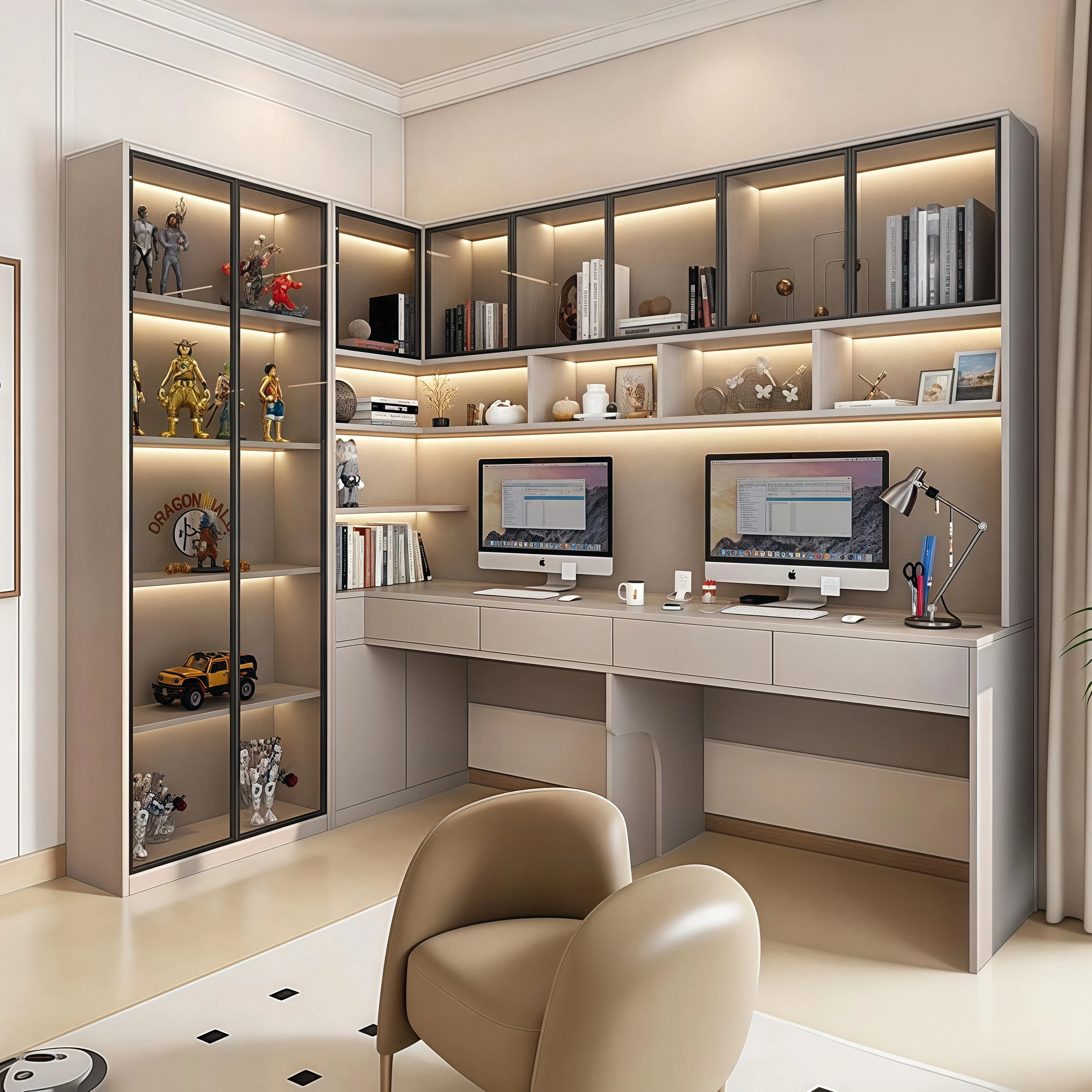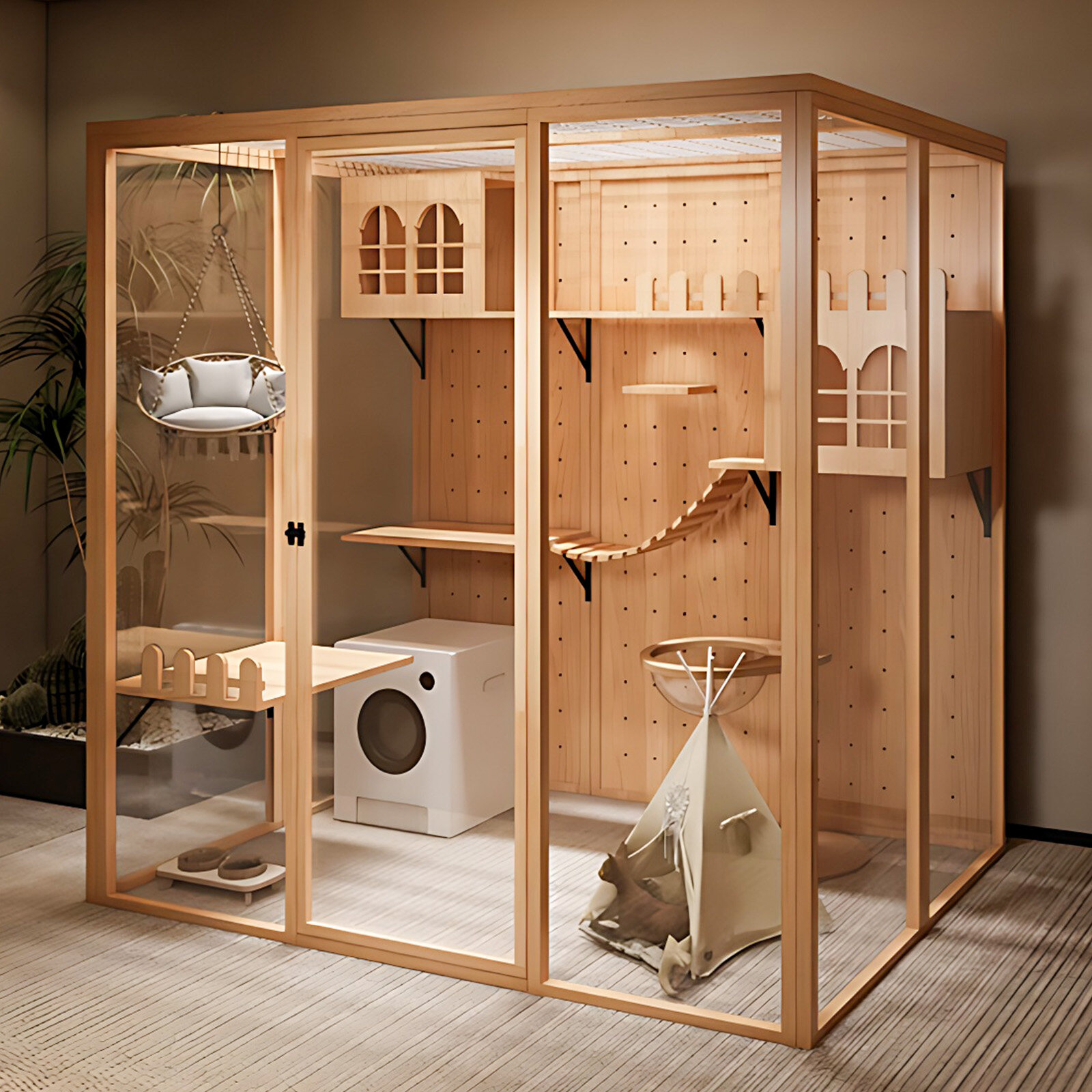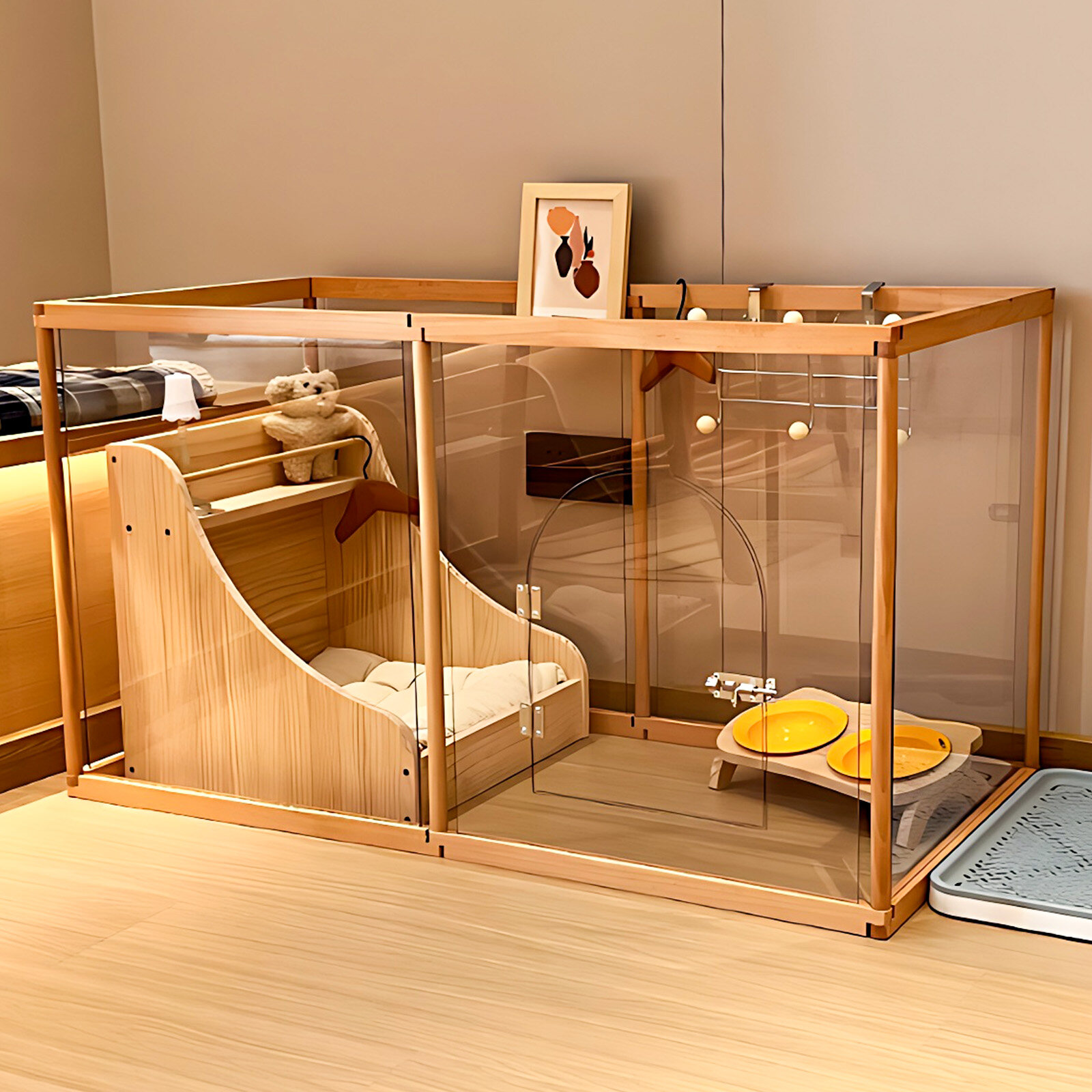In recent years, the majority of renovation efforts have focused on whole-home customization. To a certain extent, this approach meets consumers' individual needs and allows for more efficient space utilization. However, a key issue that has been widely debated is the choice of panel materials for home renovations. Generally speaking, panel materials are categorized into two main types: solid wood and man-made. Solid wood is relatively expensive, exceeding many people's home renovation budgets, making man-made panels the preferred choice for many home renovations. Panel furniture is a modular furniture system built primarily on man-made panels, with panel components forming the basic structure. While it may be cheaper, panel furniture offers comparable overall performance. Panel furniture is significantly cheaper than solid wood furniture, especially when made from valuable wood species. High-quality panel furniture exhibits stable physical and chemical properties, and its surface treatment resists yellowing and fading, making it durable. Good board materials can make panel furniture last longer, so when choosing panel furniture, you must not take the board materials lightly, and you should mainly consider the two aspects of quality and environmental protection.
How to judge the quality of the board?
Even the same type of board can vary from brand to brand, as craftsmanship, quality, and raw materials all determine its performance. Choosing board quality primarily depends on moisture content, nail holding strength, and static bending strength. Failure to meet these standards can cause the board to warp, deform, bulge, and break, directly impacting the cabinet's lifespan.
How to define the environmental friendliness of panels?
The main source of formaldehyde emitted from the board is glue. Common trialdehyde glue synthesis raw materials require formaldehyde. Therefore, after the board is made with it, under a relatively suitable environment, formaldehyde may evaporate in reverse, thus affecting our home air environment. In October 2021, the new national standard GB/T39600-2021 "Classification of Formaldehyde Emissions of Artificial Boards and Their Products", which was participated in by Rabbit Baby, was implemented, and the formaldehyde emission limit values were classified: E1≤0.124mg/m³; E0≤0.050mg/m³; ENF≤0.025mg/m³. In other words, when we choose home decoration boards, we must at least meet the E1 environmental protection standard. There are a wide variety of boards on the market. On the premise of ensuring the overall quality and environmental protection of the boards, we still have to choose according to our budget and actual needs. Take Rabbit Baby as an example. It has a wide range of board products, covering multiple categories such as basic boards, decorative boards, and functional boards. As the "foundation" of the entire customized home decoration, only by consolidating this foundation can the entire "superstructure" be more stable. Rabbit Baby's high-quality base material, a tough guy that can fight and carry, will lay a solid foundation for your home decoration. Rabbit Baby's decorative panels are of various types and rich colors. They can adapt to various home decoration styles and really bring different beautiful visual effects to home decoration. Nowadays, many people directly choose decorative panels when decorating because of the convenience of colors and other reasons. Rabbit Baby decorative panels, including ecological boards, furniture boards, etc., have an environmental protection level of E0 or above, and there are more powerful formaldehyde-removing and antibacterial ecological boards, which have the effects of absorbing and removing formaldehyde, and preventing mildew and antibacterial. They are perfect for home decoration. As a leading brand that has been deeply involved in the building materials industry for thirty years, Rabbit Baby selects high-quality raw materials, coupled with advanced technology and strict quality control, to bring environmentally friendly and high-quality home decoration panels, which not only meet people's requirements for environmental protection, but also create a home decoration space that is more in line with modern aesthetic needs.

 USD
USD
 GBP
GBP
 EUR
EUR
